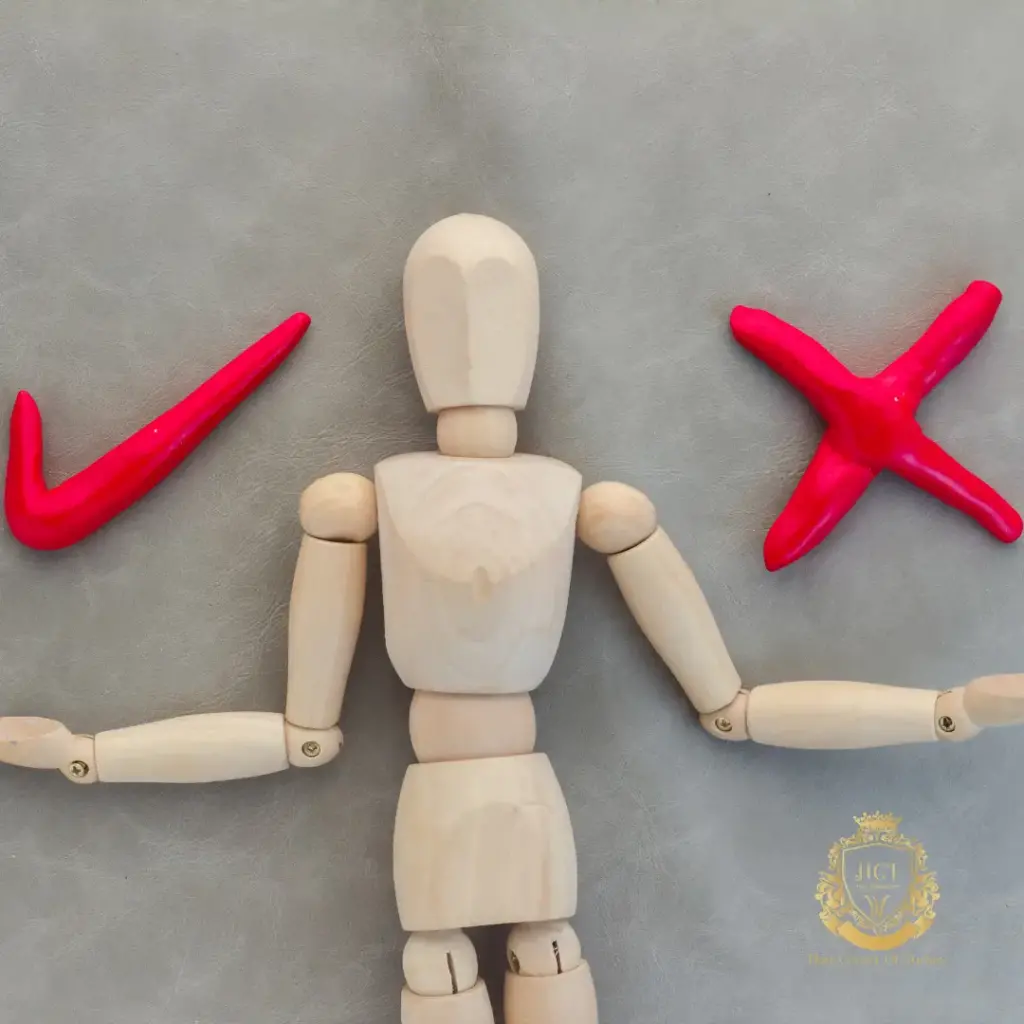Contact Us for Detailed Information About Hair Transplantation and Free Consultancy!
Hair Transplant Side Effects
What Are the Side Effects of Hair Transplant?
While generally safe, hair transplants can come with potential risks. The side effects of hair transplant may include mild discomfort, swelling, and temporary hair shedding. These effects vary, and it’s natural for people to wonder, “Does hair transplant have side effects?” Generally, these side effects are mild and manageable with proper aftercare, though it’s important to be aware of them before the procedure.
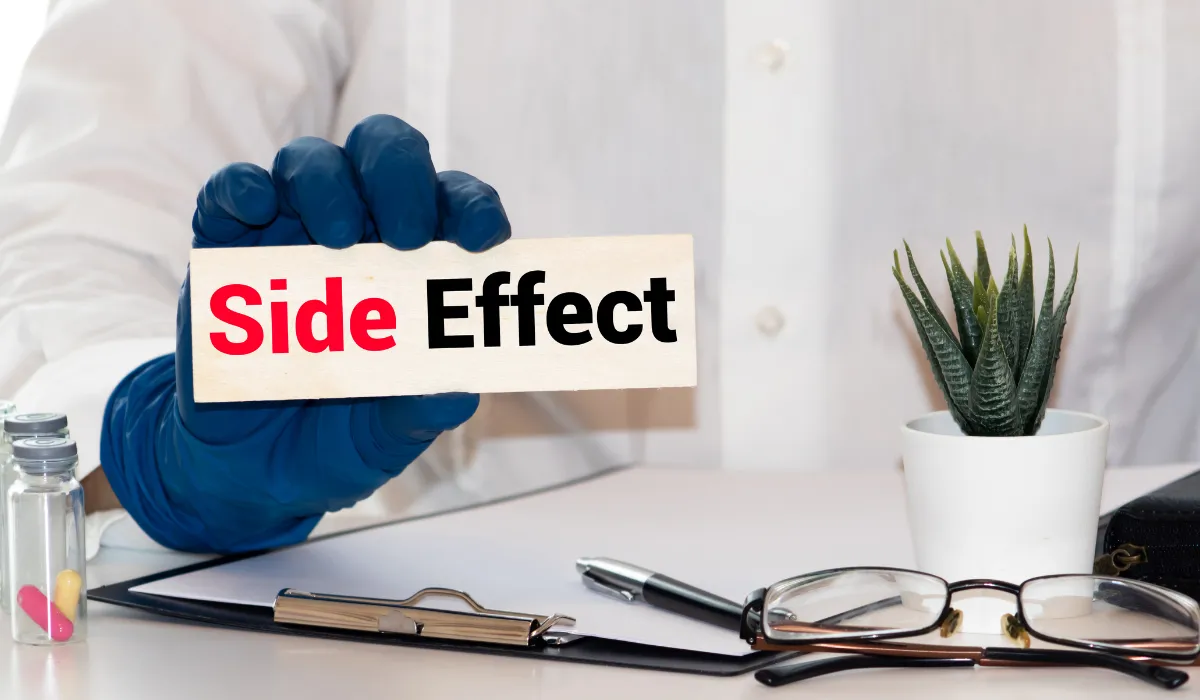
FUE Hair Transplant Side Effects
The side effects for hair transplant using FUE (Follicular Unit Extraction) often involve minor issues like redness, itching, and swelling. Commonly cited as fue hair transplant side effects, these typically subside within days. However, side effects of fue hair transplant can vary depending on individual healing and scalp sensitivity, making it important to follow aftercare guidelines.
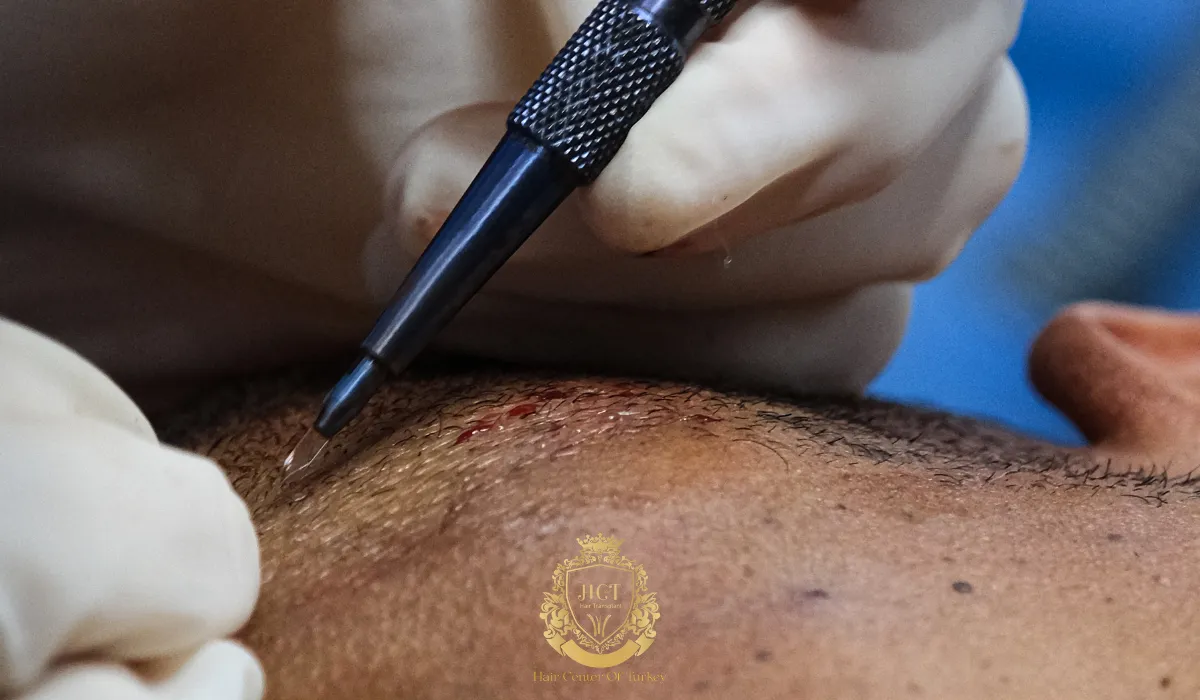
DHI Hair Transplant Side Effects
DHI hair transplant side effects are relatively mild, with most patients experiencing minor redness or swelling. The side effects for hair transplant with the DHI method may include slight itching or temporary shock loss. Despite these potential issues, side effects of dhi hair transplant are generally limited due to the precision of the technique, which helps ensure quicker recovery.
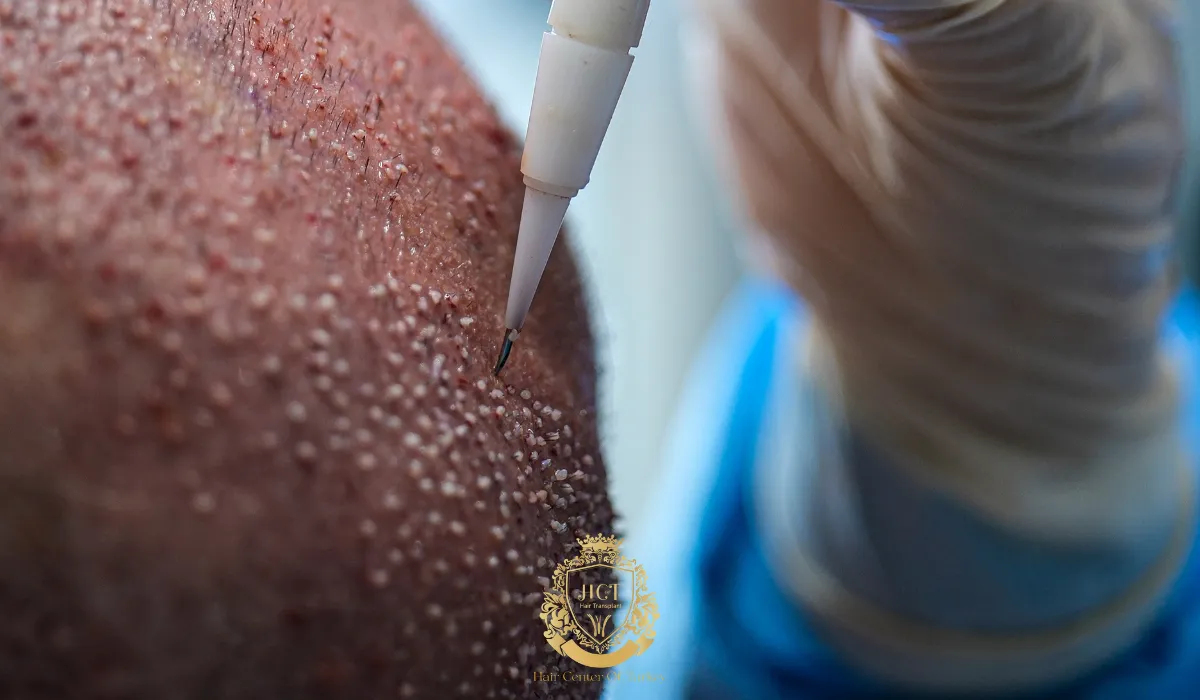
FUT Hair Transplant Side Effects
FUT hair transplant side effects can be slightly more pronounced due to the strip harvesting method. Side effects for hair transplant involving FUT may include scarring, numbness, or a longer recovery period. For some, side effects of FUT hair transplant might also involve temporary nerve discomfort, but these typically improve with time and care.
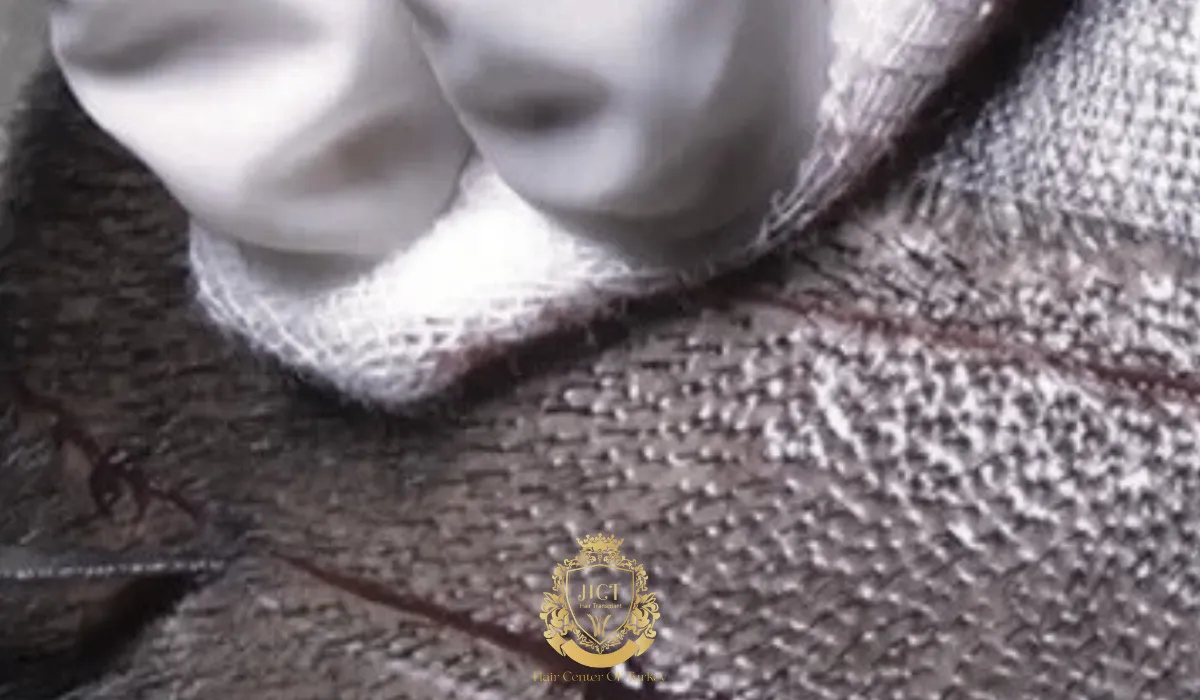
Hair Transplant Side Effects Cancer
Concerns about hair transplant side effects to effect cancer have been minimal, as there is no established link between hair transplants and cancer risk. While this question arises occasionally, scientific evidence does not support any direct connection between hair transplant procedures and cancer development.

Hair Transplant Side Effects Long-Term
Long term side effects of hair transplant are rare but may include prolonged scarring or texture changes in the transplanted area. While most side effects fade over time, adhering to proper post-operative care is crucial. Knowing potential hair transplant risks and side effects allows patients to better manage expectations for their recovery journey.
Hair Transplant Side Effects Erectile Dysfunction
No scientific evidence supports a link between hair transplant side effects and erectile dysfunction. This concern is often raised by individuals, but the surgical nature of hair transplants has no direct impact on sexual health or function.
Stem Cell Hair Transplant Side Effects
Stem cell hair transplant side effects are typically mild due to the regenerative nature of the treatment. Patients might experience minimal discomfort or redness, but side effects are generally minor compared to traditional hair transplant methods, making stem cell transplants a favorable choice for many.
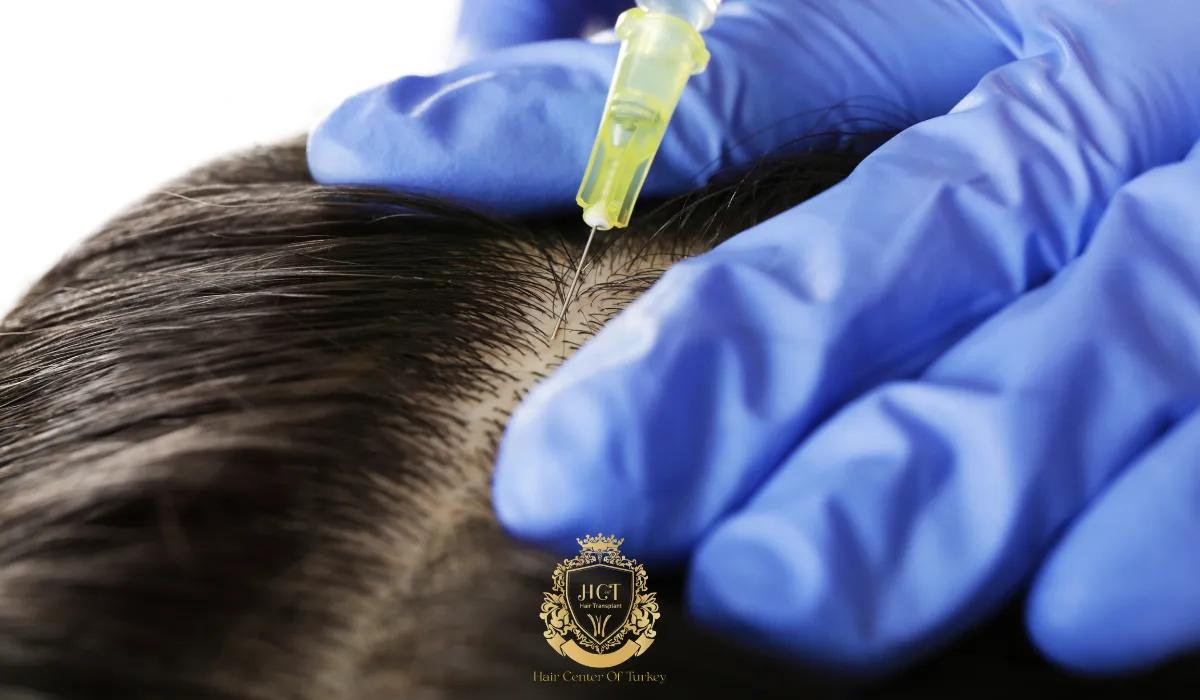
Turkey Hair Transplant Side Effects
While popular for affordability, hair transplant Turkey side effects can mirror those in other locations. These include temporary swelling, redness, and mild discomfort. Choosing a reputable clinic in Turkey is crucial to minimizing risks, as experience and expertise greatly influence side effects for hair transplant outcomes.

Side Effects of Hair Transplant Surgery
The side effects of hair transplant surgery vary, including mild pain, swelling, and itching. Some experience negative side effects of hair transplant like infection if aftercare isn’t followed. Common side effects hair transplant patients worry about are temporary, with most reporting improvements within days or weeks.
Hair Transplant Side Effects Male
For men, hair transplant side effects are generally the same as those for any gender, with swelling, redness, and minor discomfort. Men may also experience temporary thinning post-surgery, but this usually resolves as new hair begins to grow, providing fuller results.
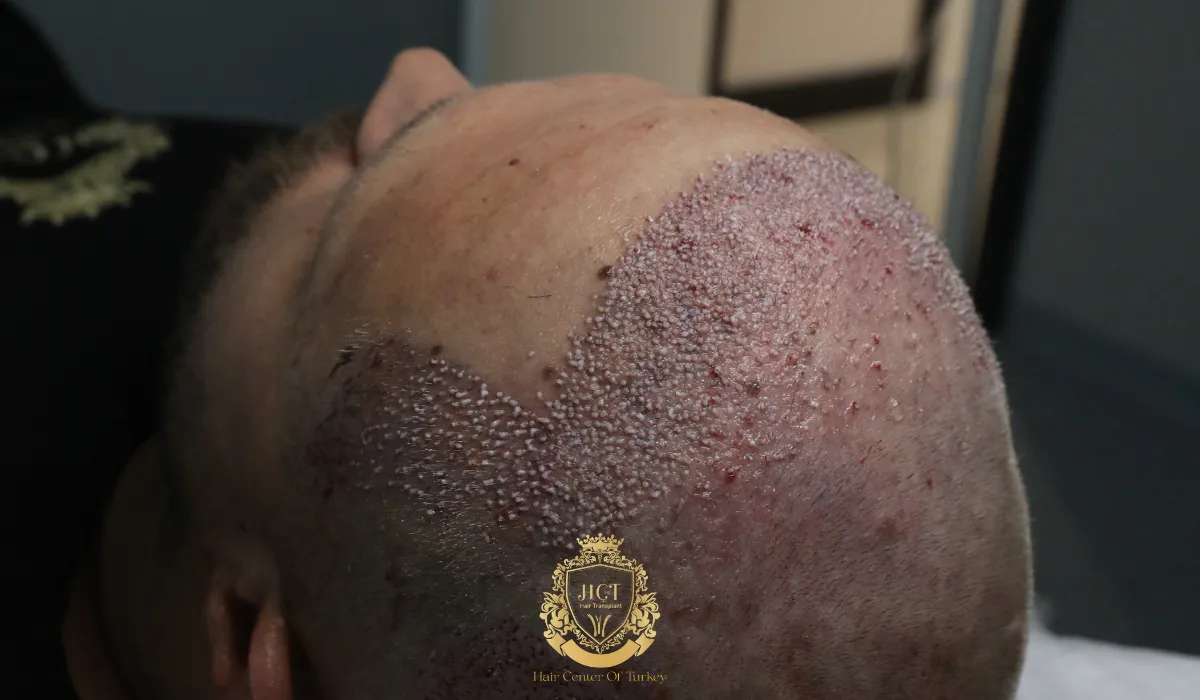
Female Hair Transplant Side Effects
Women undergoing hair transplants may experience similar side effects as men, including redness, swelling, and temporary thinning. Female hair transplant side effects are often manageable with prescribed care, allowing for a smoother recovery process and natural-looking hair growth.
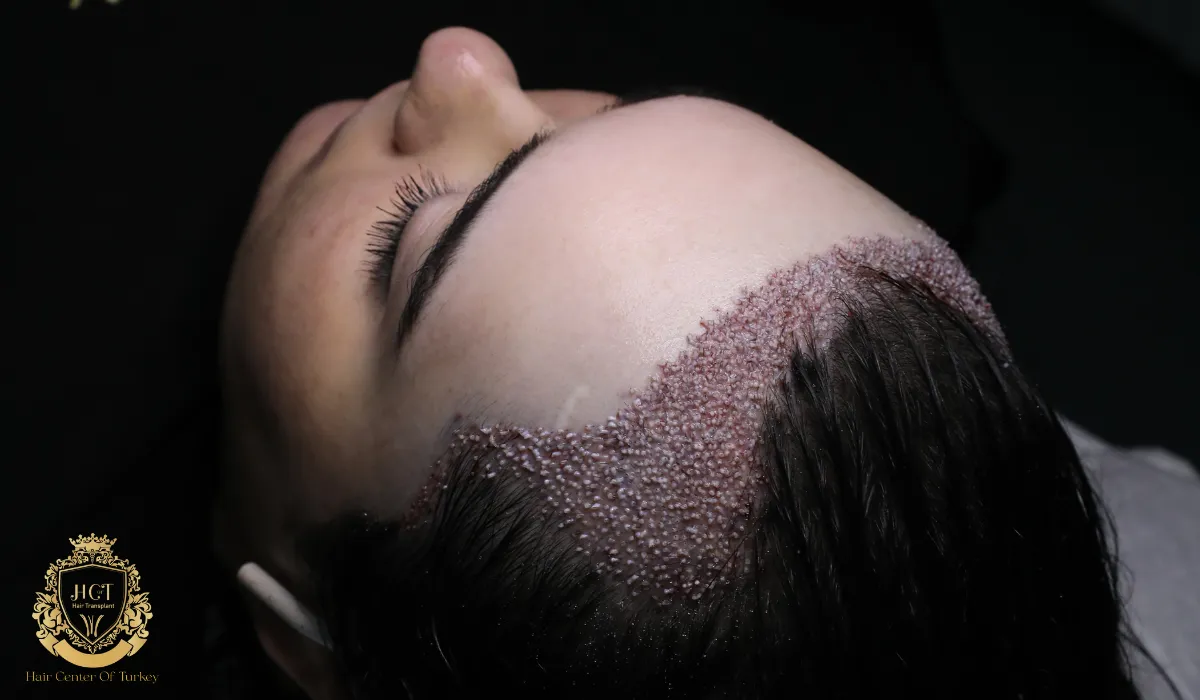
Hair Transplant Anesthesia Side Effects
Hair transplant anesthesia side effects are usually minimal, with patients sometimes experiencing mild dizziness or nausea. These effects typically fade quickly. Anesthesia used in hair transplants is generally safe, ensuring a comfortable experience during the procedure.
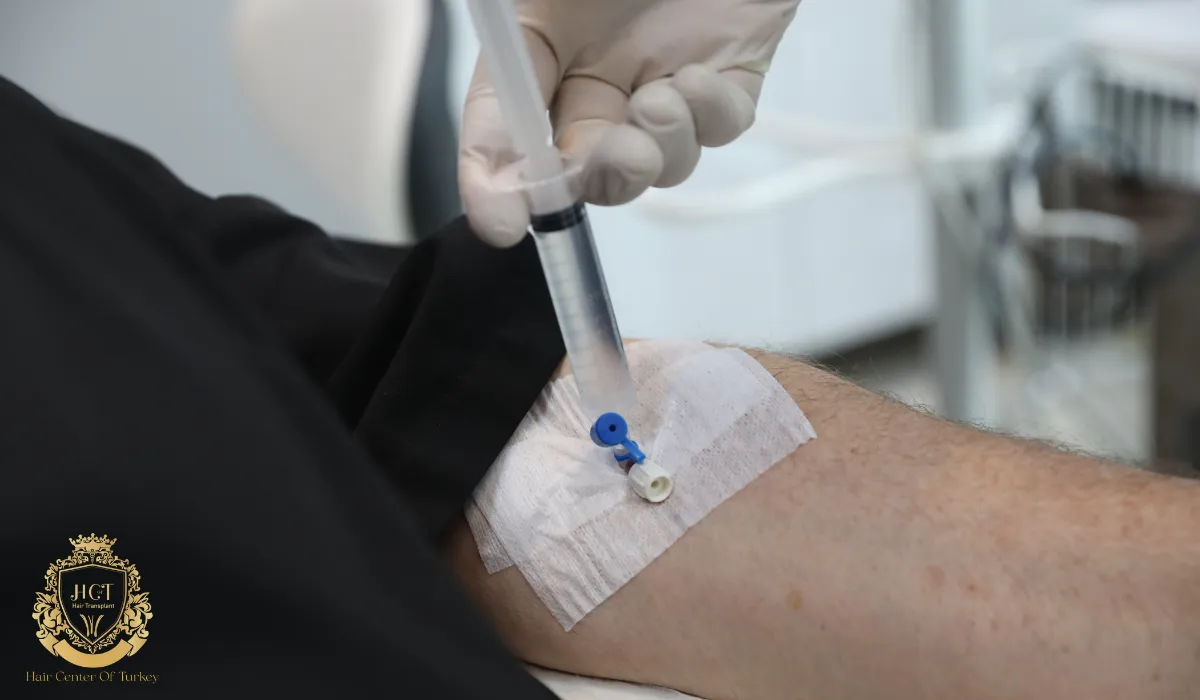
Hair Transplant Medication Side Effects
Medications prescribed post-transplant can sometimes cause mild side effects. Common hair transplant medication side effects include itching or scalp irritation. Infections are rare but can occur if medications are not taken as directed, increasing side effects hair transplant infection risks.

Side Effects Hair Transplant Infection
Although the risk of infection after a hair transplant is low, it is still a potential concern. Following prescribed medications and cleaning routines helps to minimize this risk. With proper care, patients can ensure a smooth recovery.
Hair Transplant PRP Hair Treatment Side Effects
PRP (Platelet-Rich Plasma) treatment carries minimal side effects, with the majority of patients experiencing only mild redness. PRP, used to boost hair growth post-transplant, is safe and effective, with very low risks, making it an increasingly popular complementary treatment.
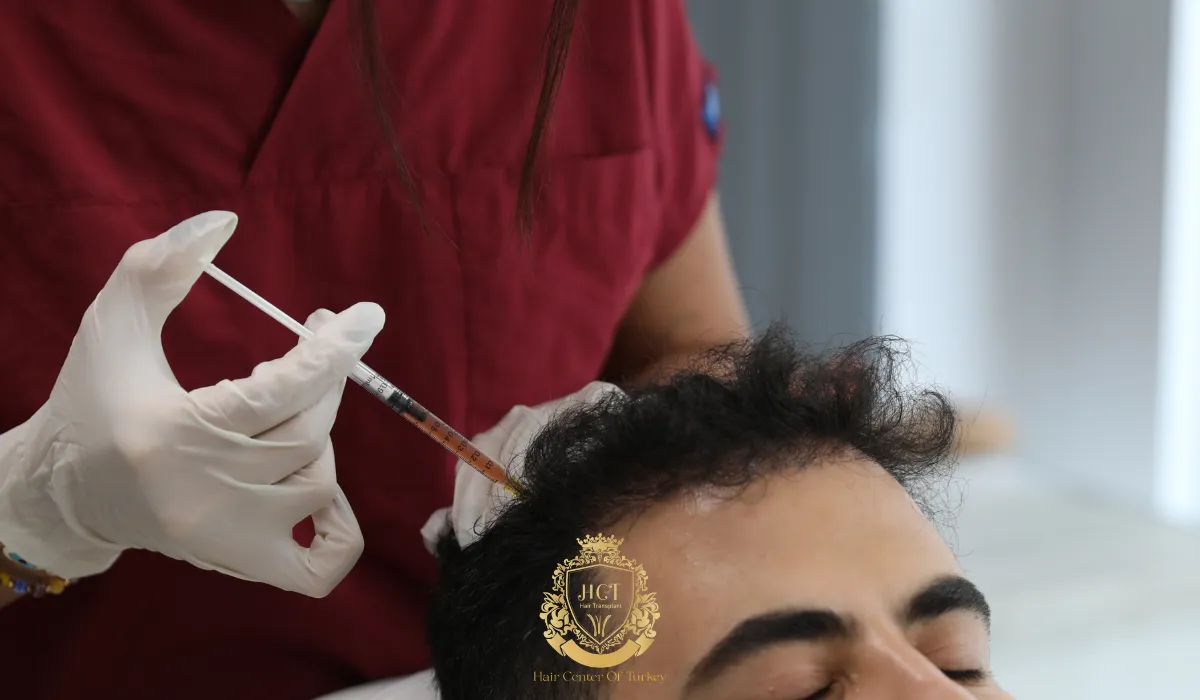
Hair Transplant Side Effects Hair Loss
Temporary shedding is a common side effect of hair transplant and should not cause alarm. This phenomenon, often called shock loss, is typical and usually resolves as the new hair grows. Patients frequently ask, “Does hair transplant have any side effects?” With proper aftercare, hair will begin to grow, resulting in natural thickness.
FAQ (Frequently Asked Questions)
As long as the operation is performed by an experienced team and in a sterile clinic, there will be no problem. However, there can be some bleeding for 2 days after the operation. This situation is quite natural. A dressing is applied to prevent bleeding. There is no bleeding after the dressing is removed.
The patient is given sedation before the operation. Thus, the patient does not feel the needles used for local anesthesia. Since local anesthesia is used during the operation, the patient does not feel any pain. It is a very comfortable process.
No, hair transplant does not cause cancer. For cancer to occur, damaged tissues or cells must proliferate. Hair transplant operation does not cause such discomfort.
Post-operative infection, edema, swelling, itching or crusting can occur. In order to prevent such situations from occurring, all precautions are taken before and after the operation at Hair Center Of Turkey.
Pain can occur after hair transplant. This is a completely normal situation. The doctor gives the patient painkillers after the operation. It is enough to drink these medications when pain is felt.
Contents
- Hair Transplant Side Effects
- What Are the Side Effects of Hair Transplant?
- FUE Hair Transplant Side Effects
- DHI Hair Transplant Side Effects
- FUT Hair Transplant Side Effects
- Stem Cell Hair Transplant Side Effects
- Turkey Hair Transplant Side Effects
- Hair Transplant Side Effects Male
- Female Hair Transplant Side Effects
- Hair Transplant Anesthesia Side Effects
- Hair Transplant Medication Side Effects
- Hair Transplant PRP Hair Treatment Side Effects
- Hair Transplant Side Effects Hair Loss
Our Before & Afters
Watch our video to examine dozens of hair transplant before and results.
Turkey Hair Transplant Before and After
Hair transplant Turkey before and after are the first things that people who are considering hair transplantation are curious about. Click the button to browse this and more.
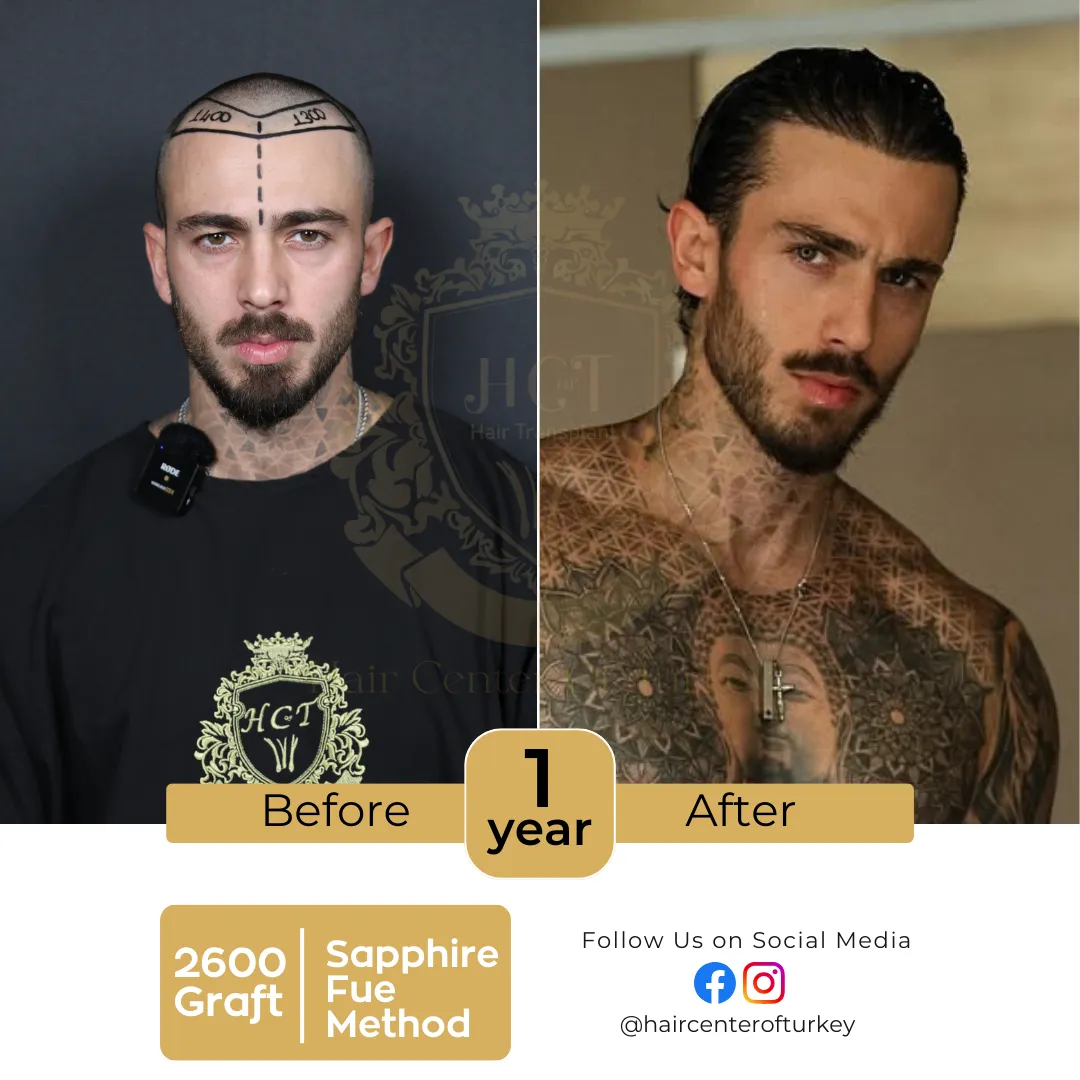
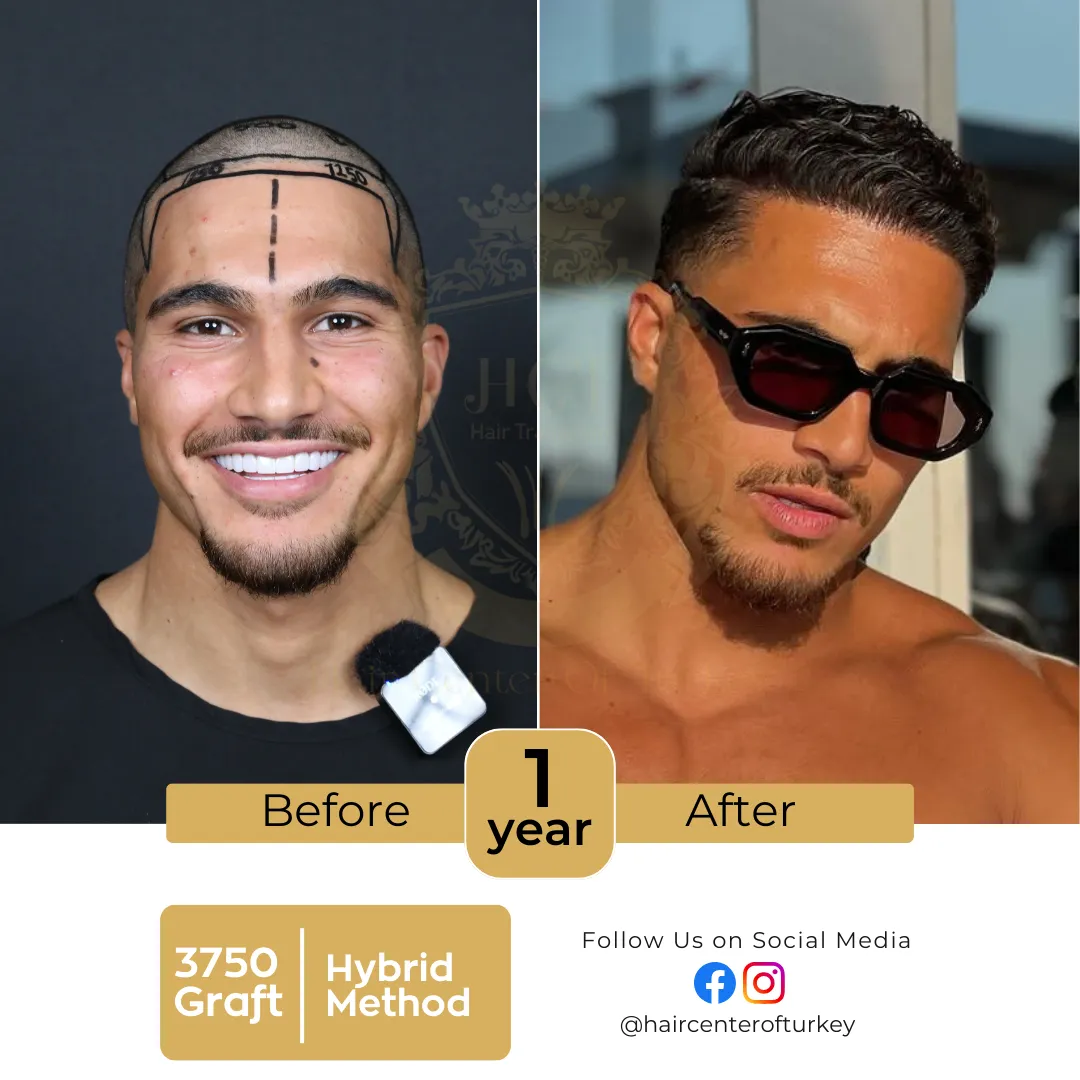
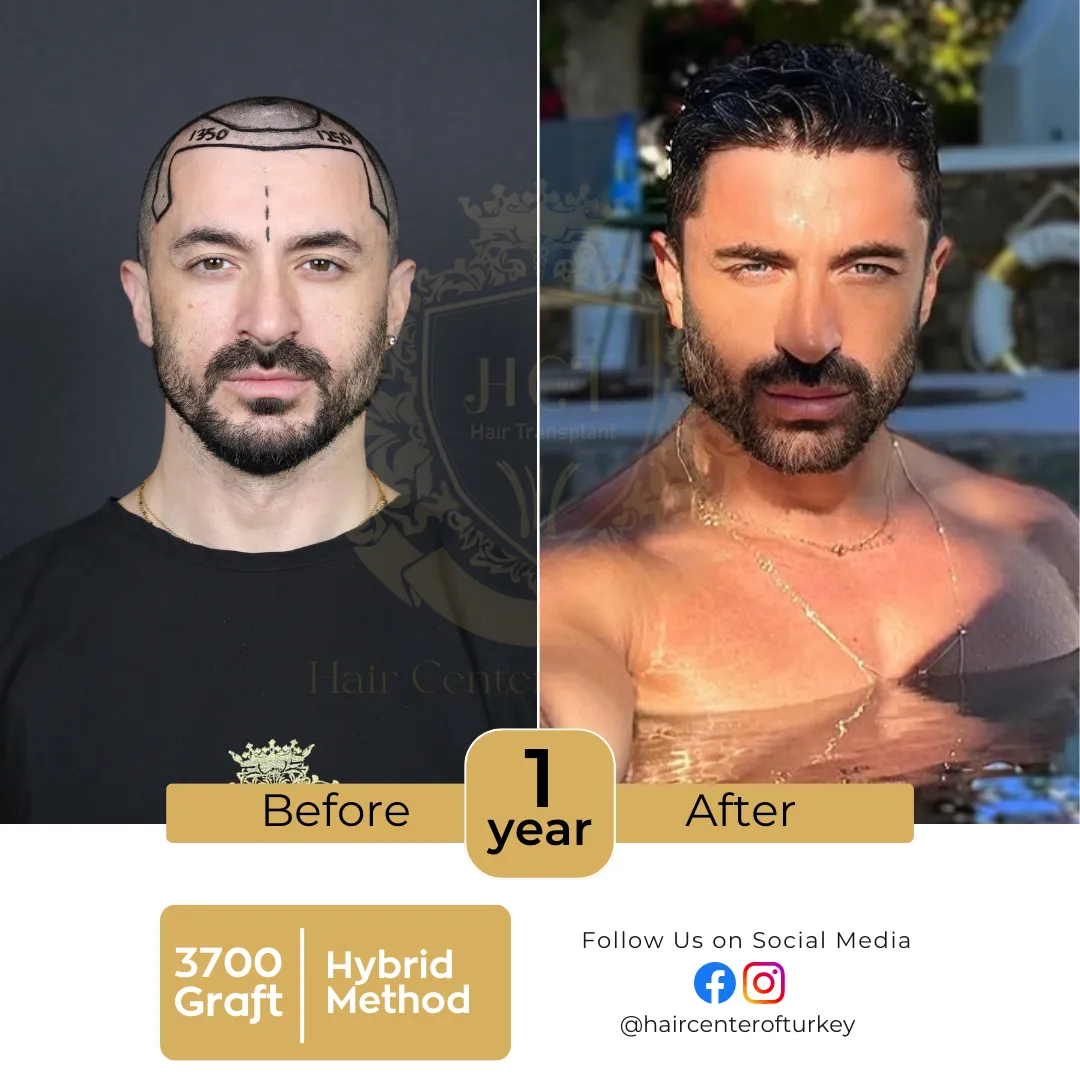
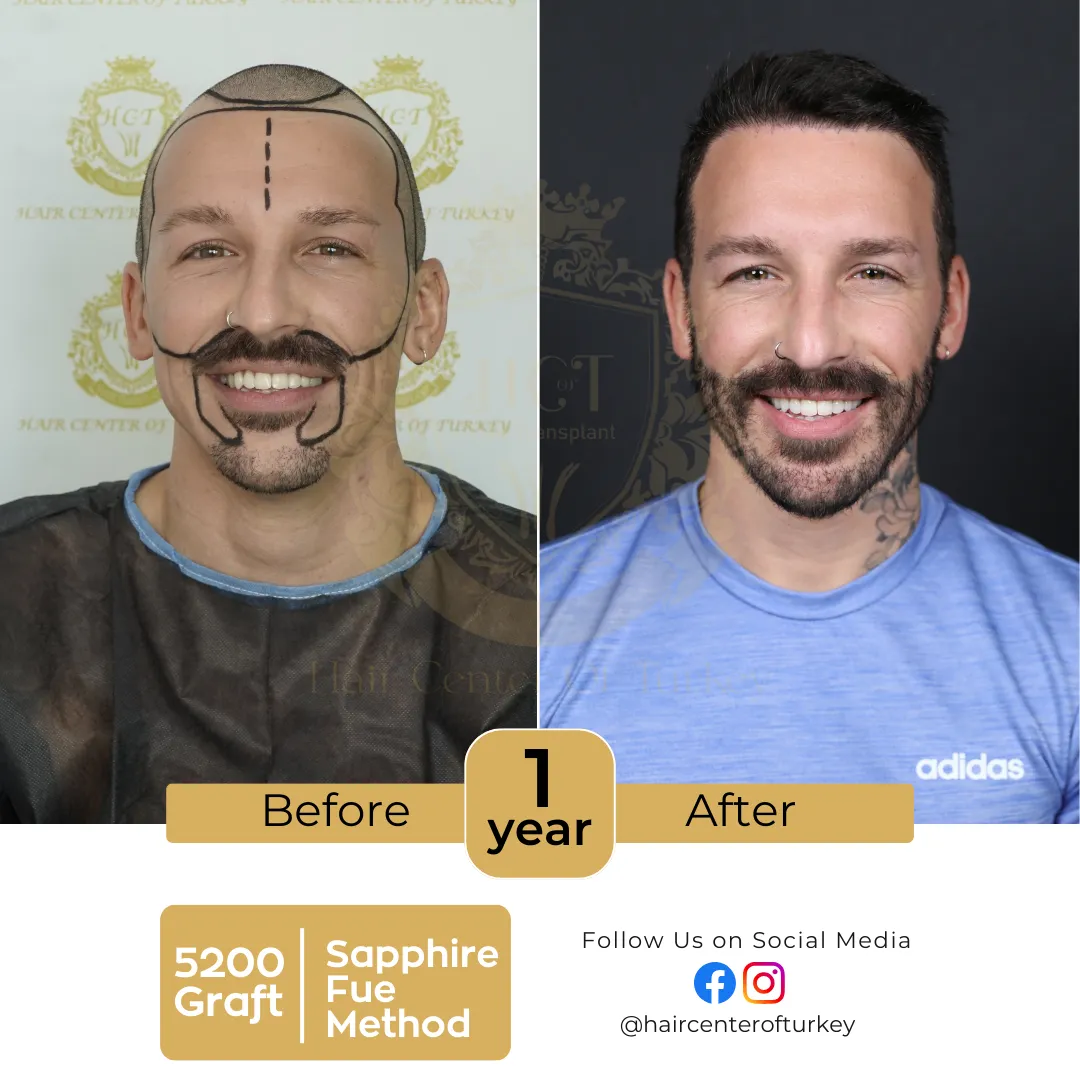
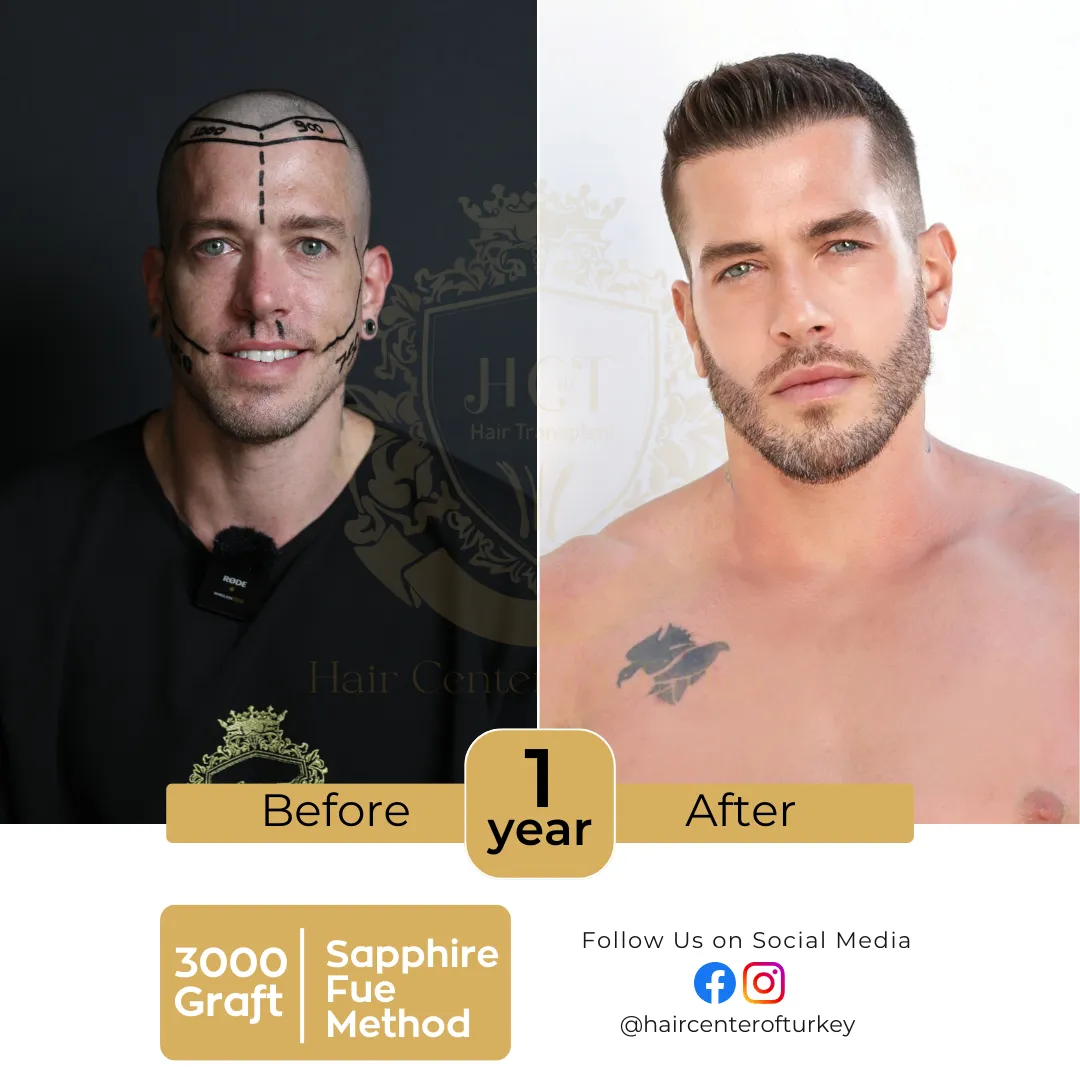
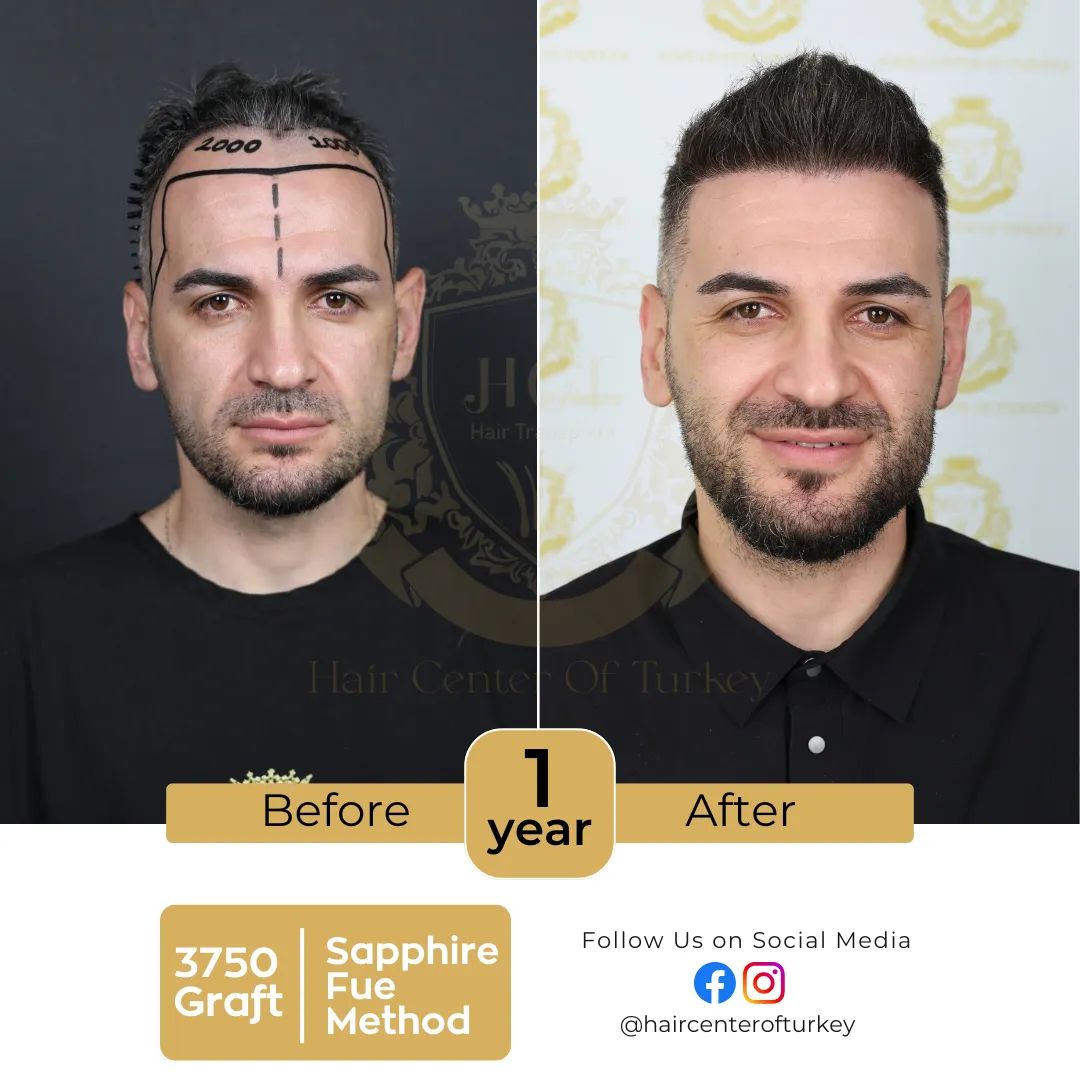

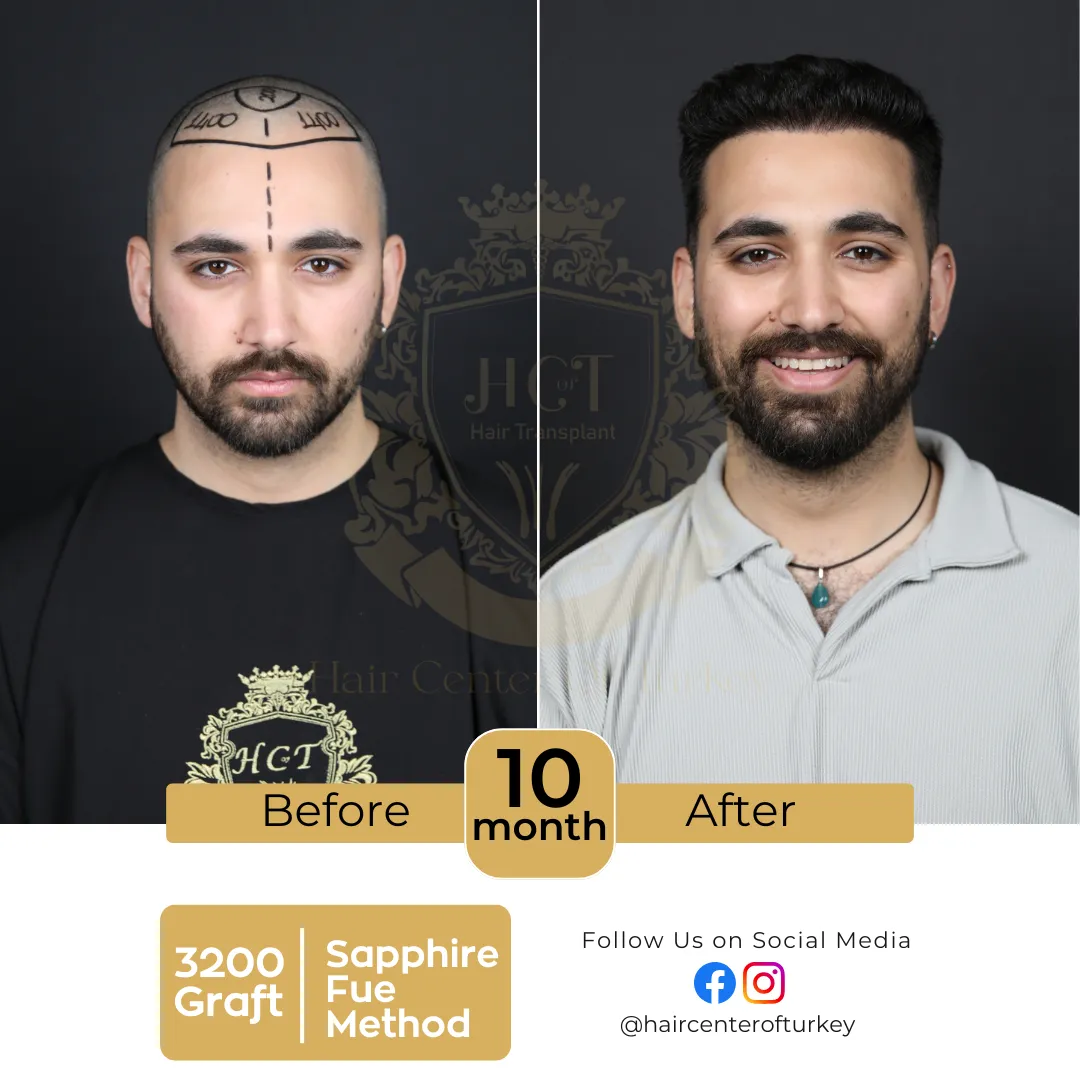
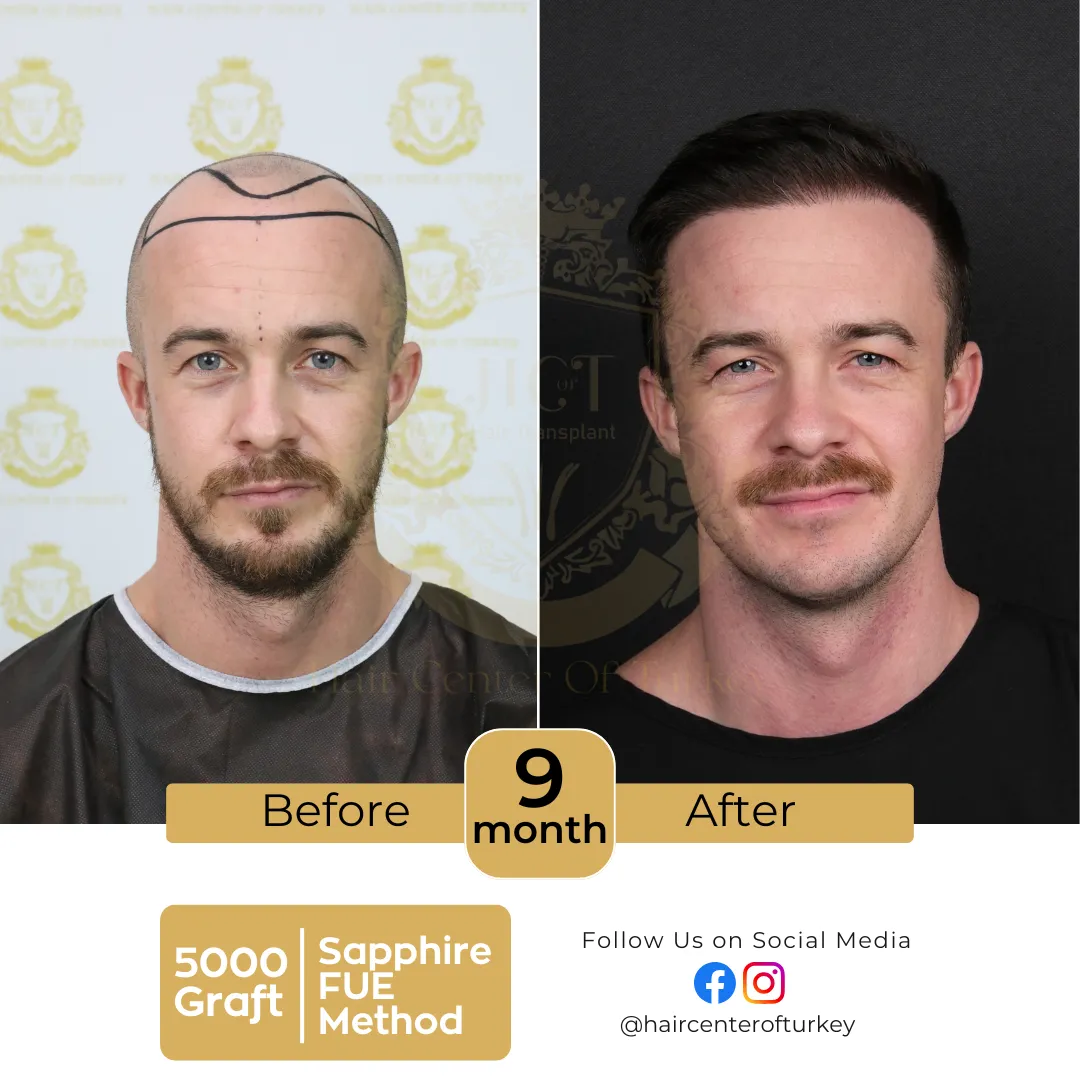
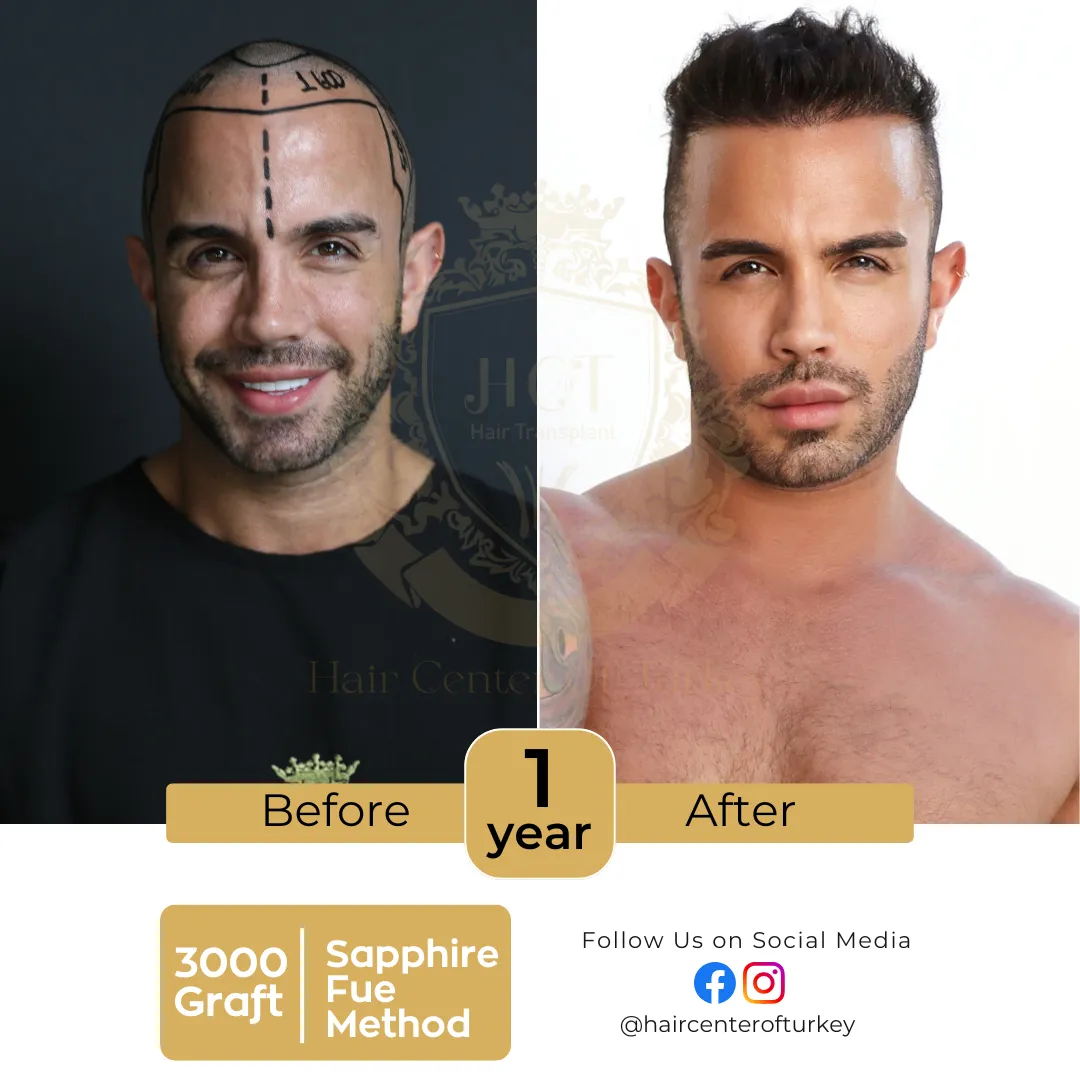
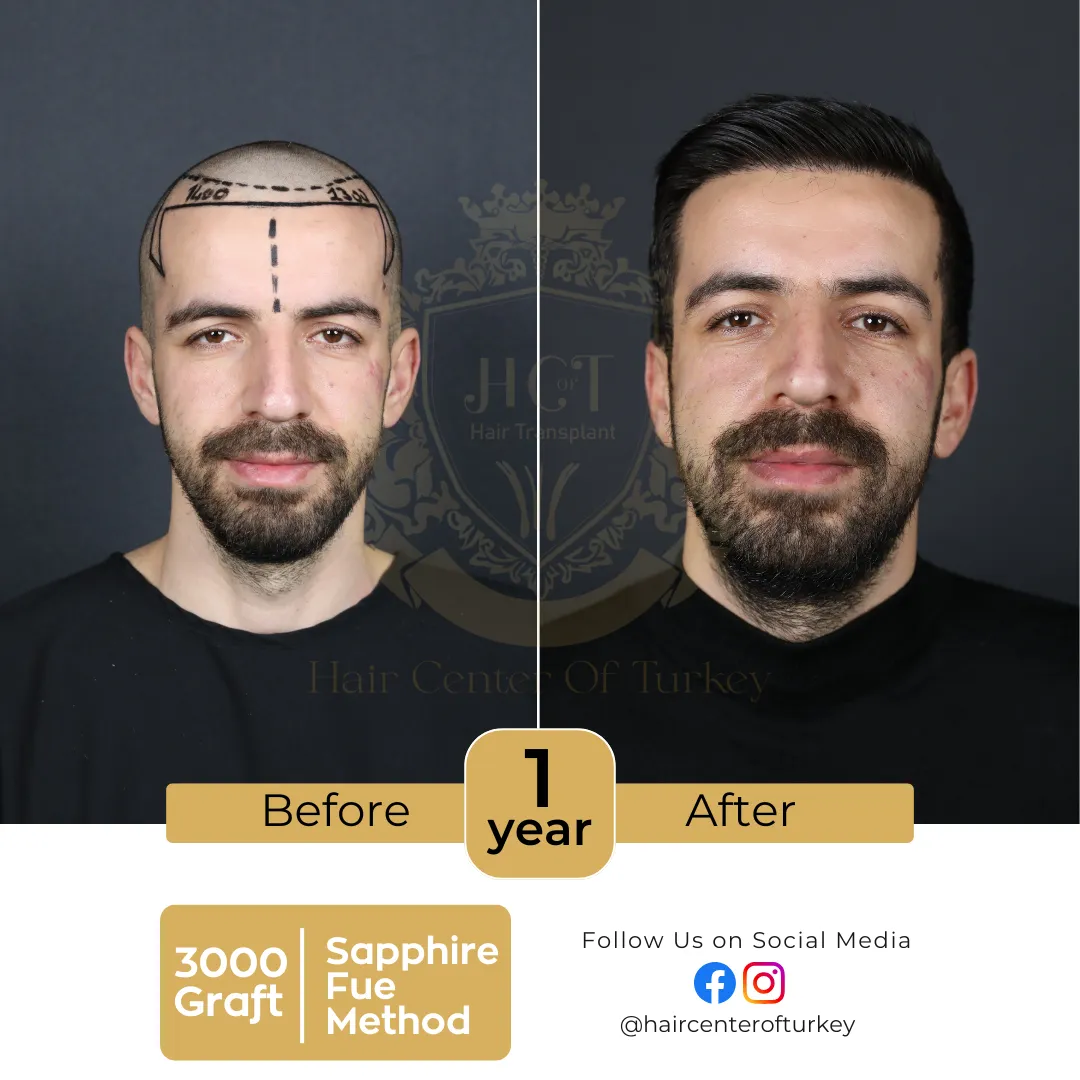
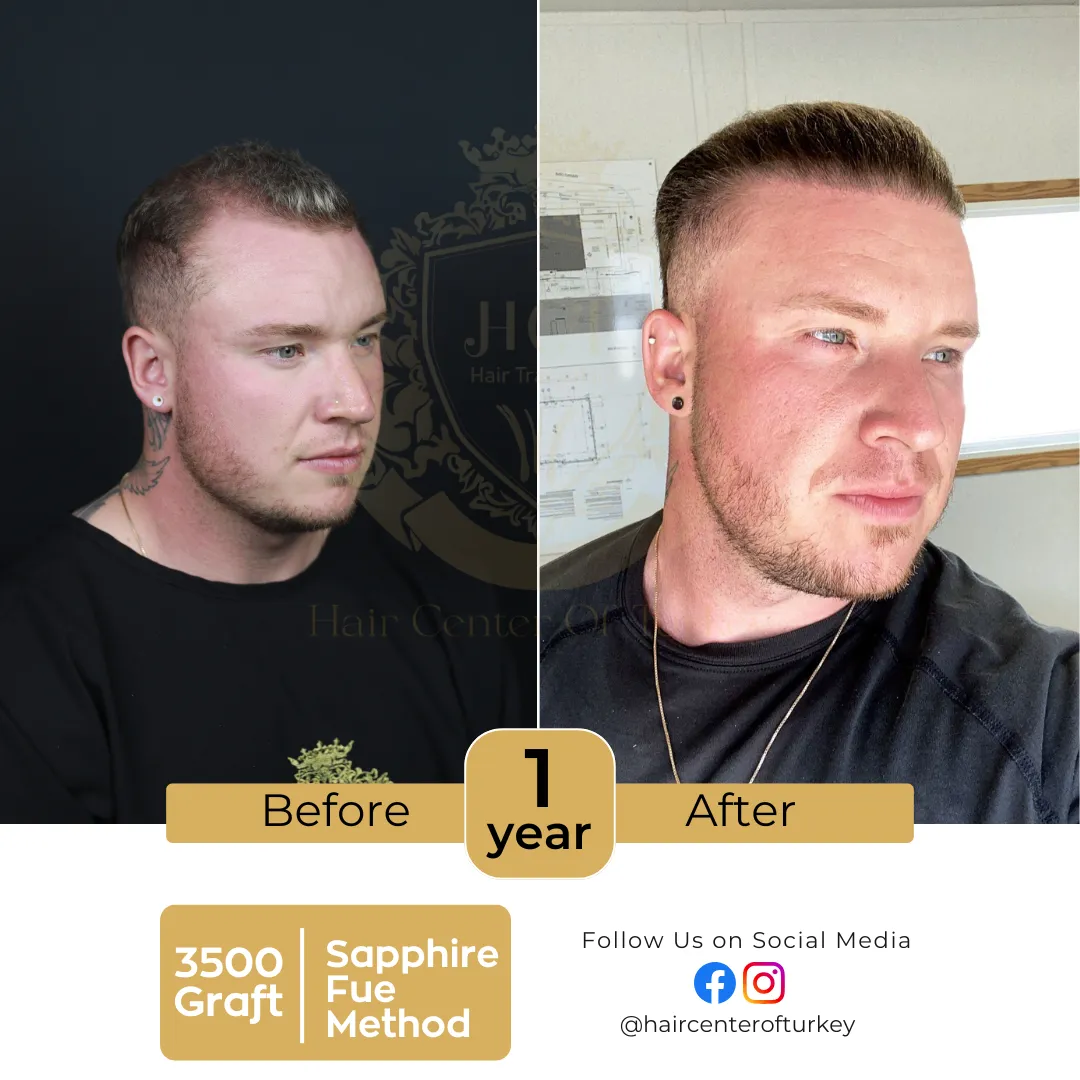


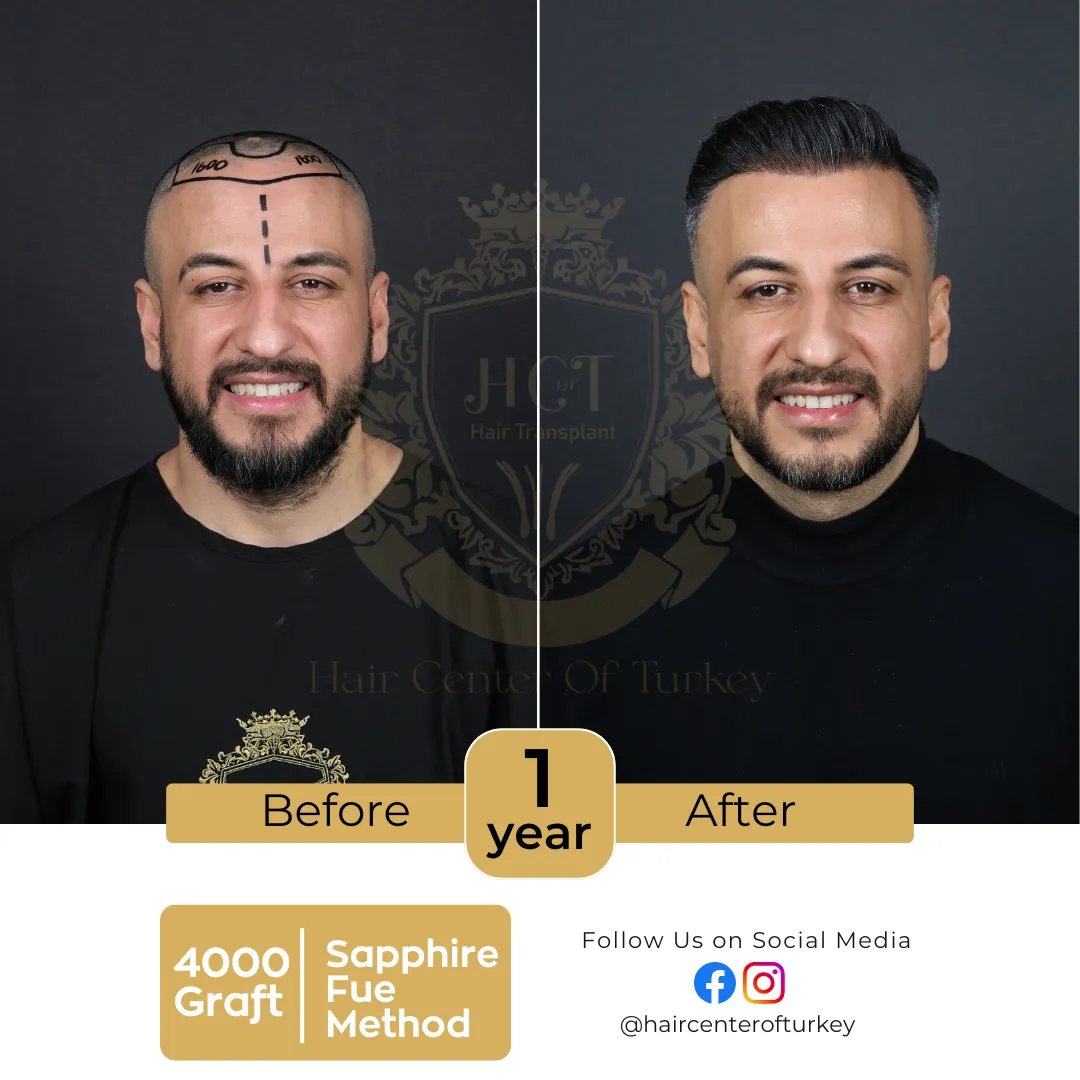
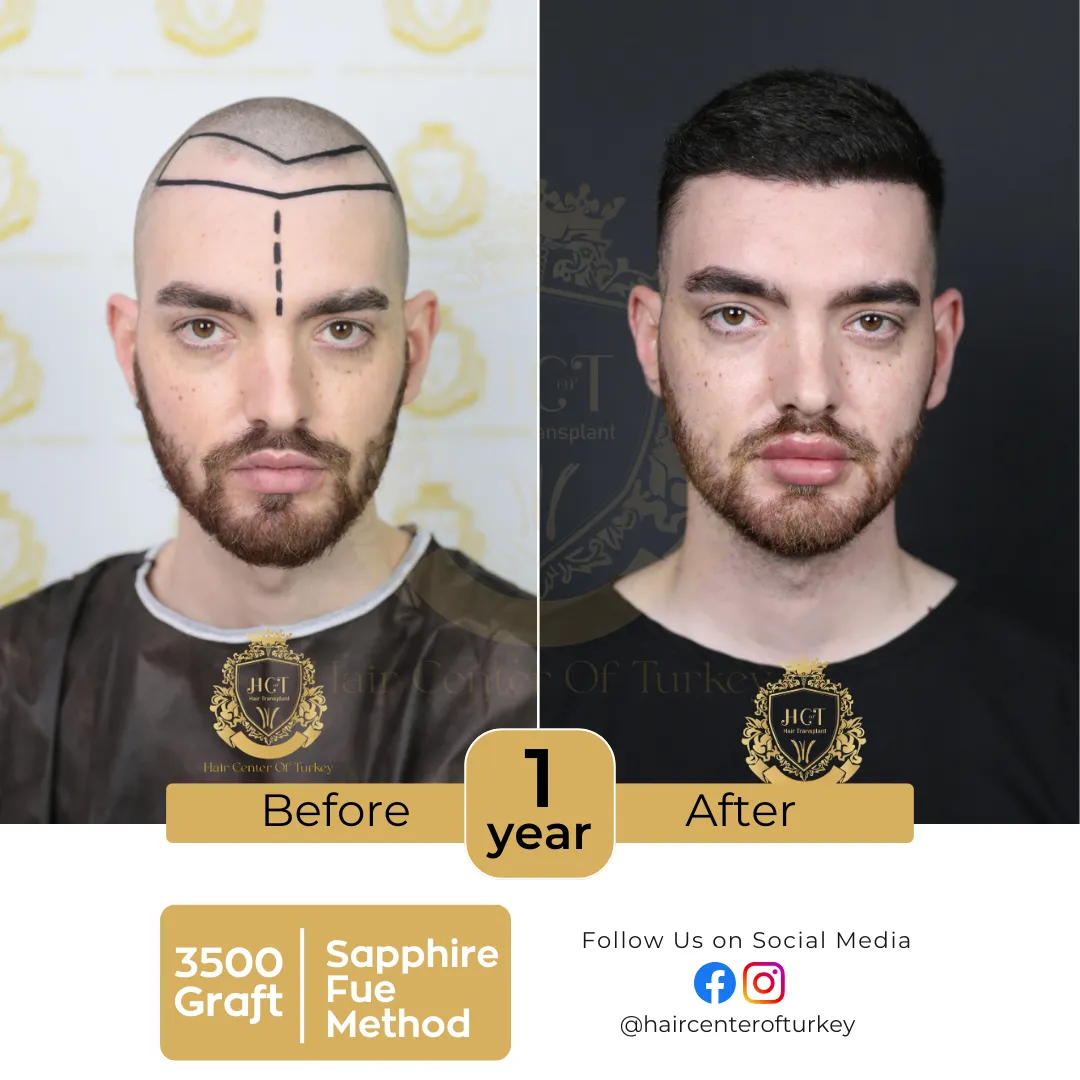
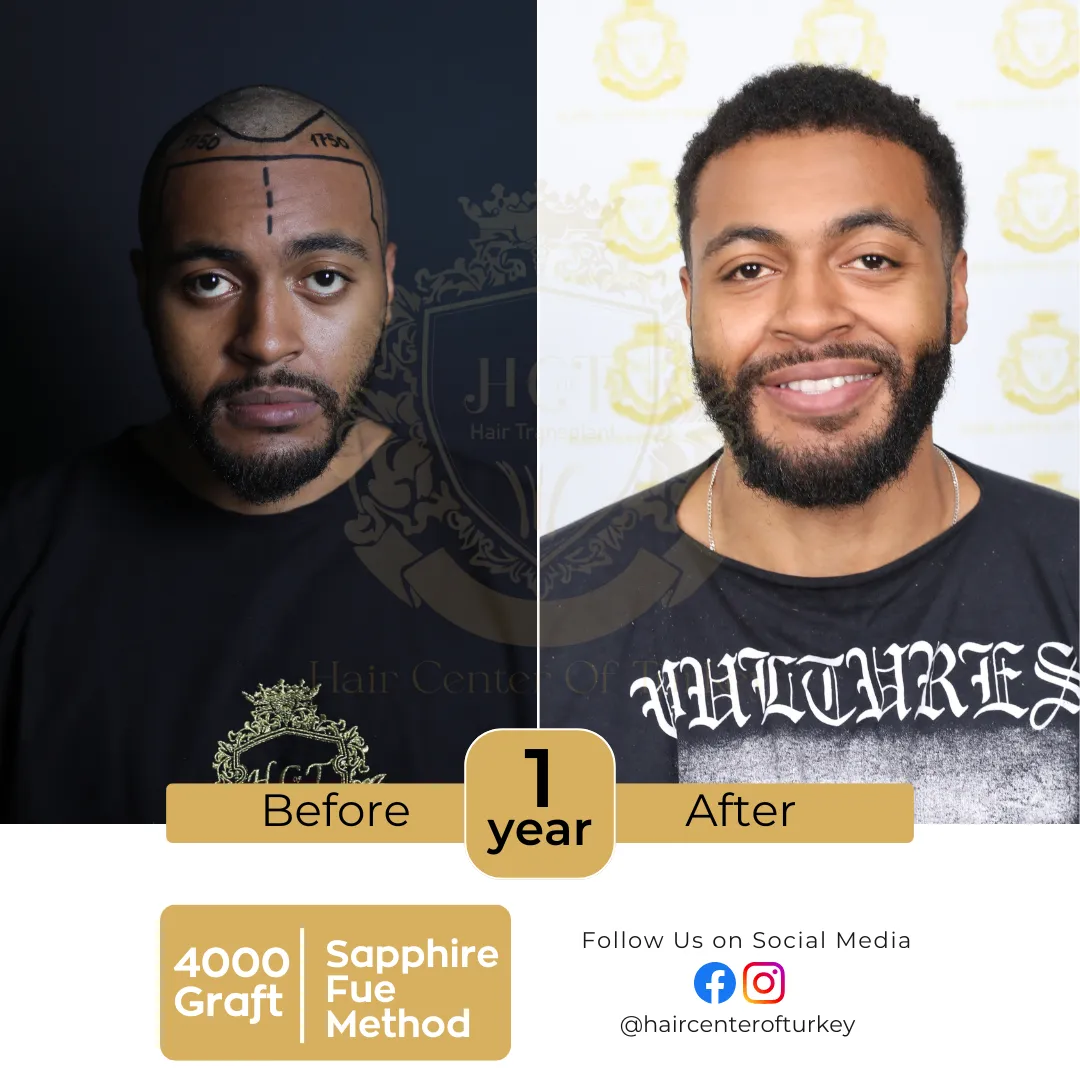
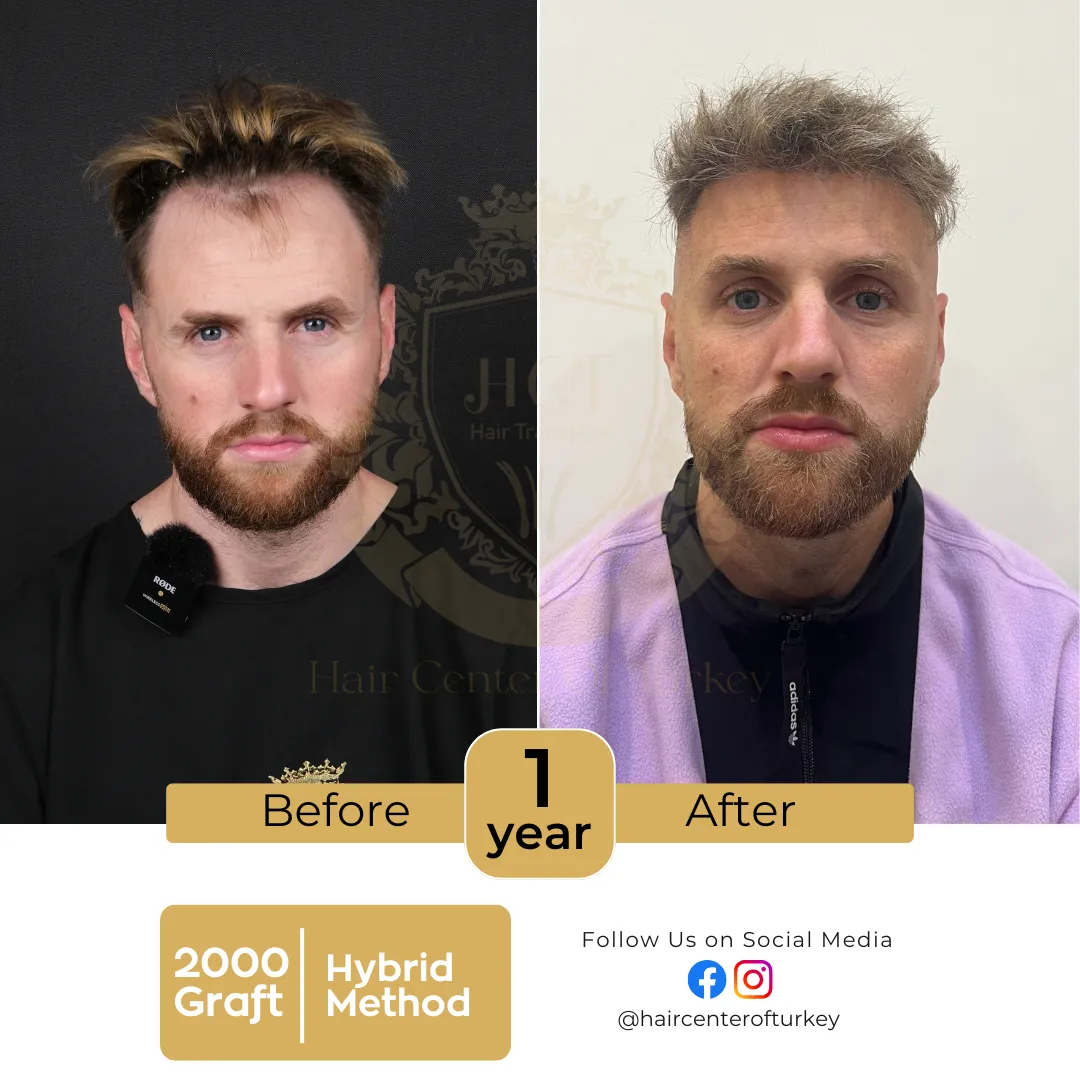
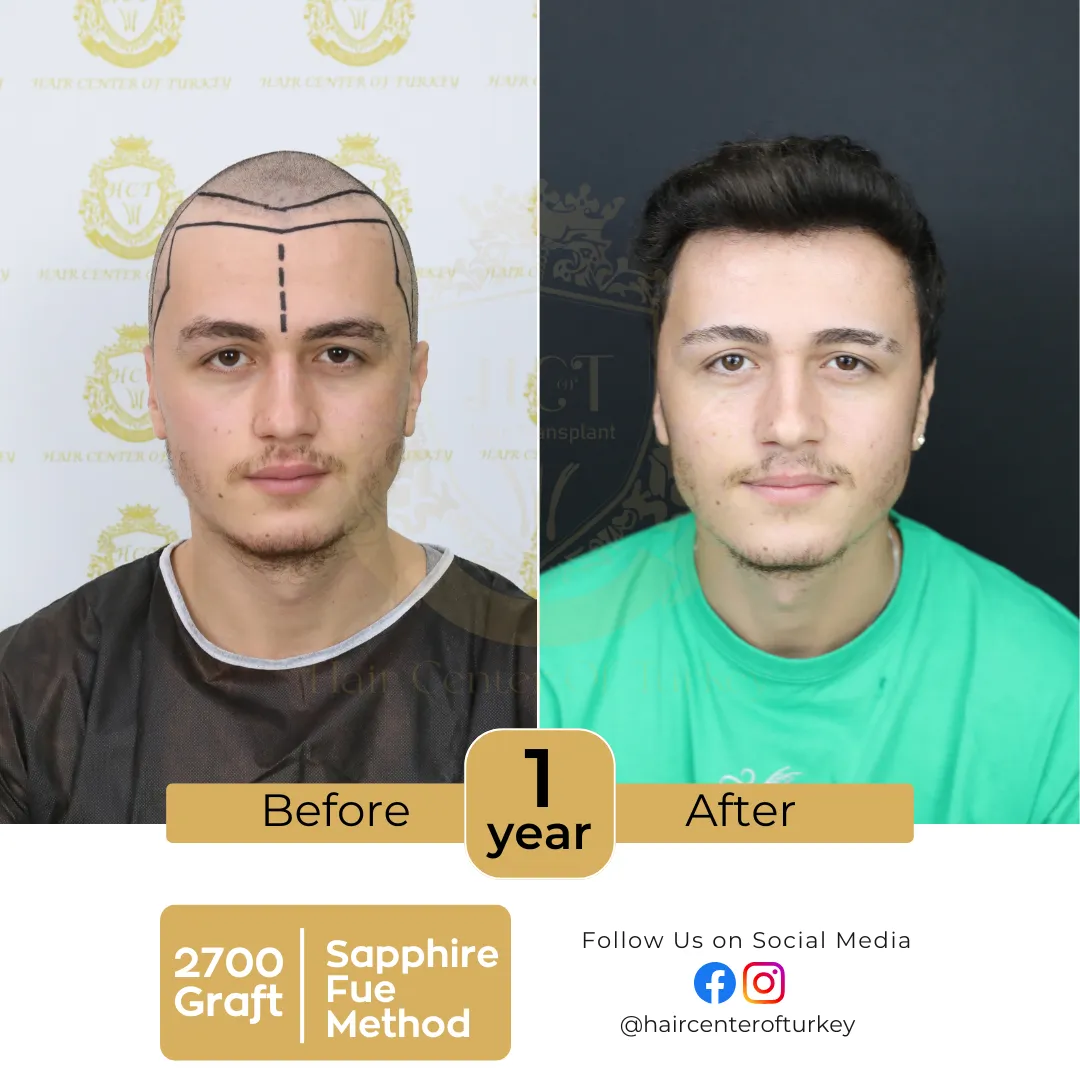
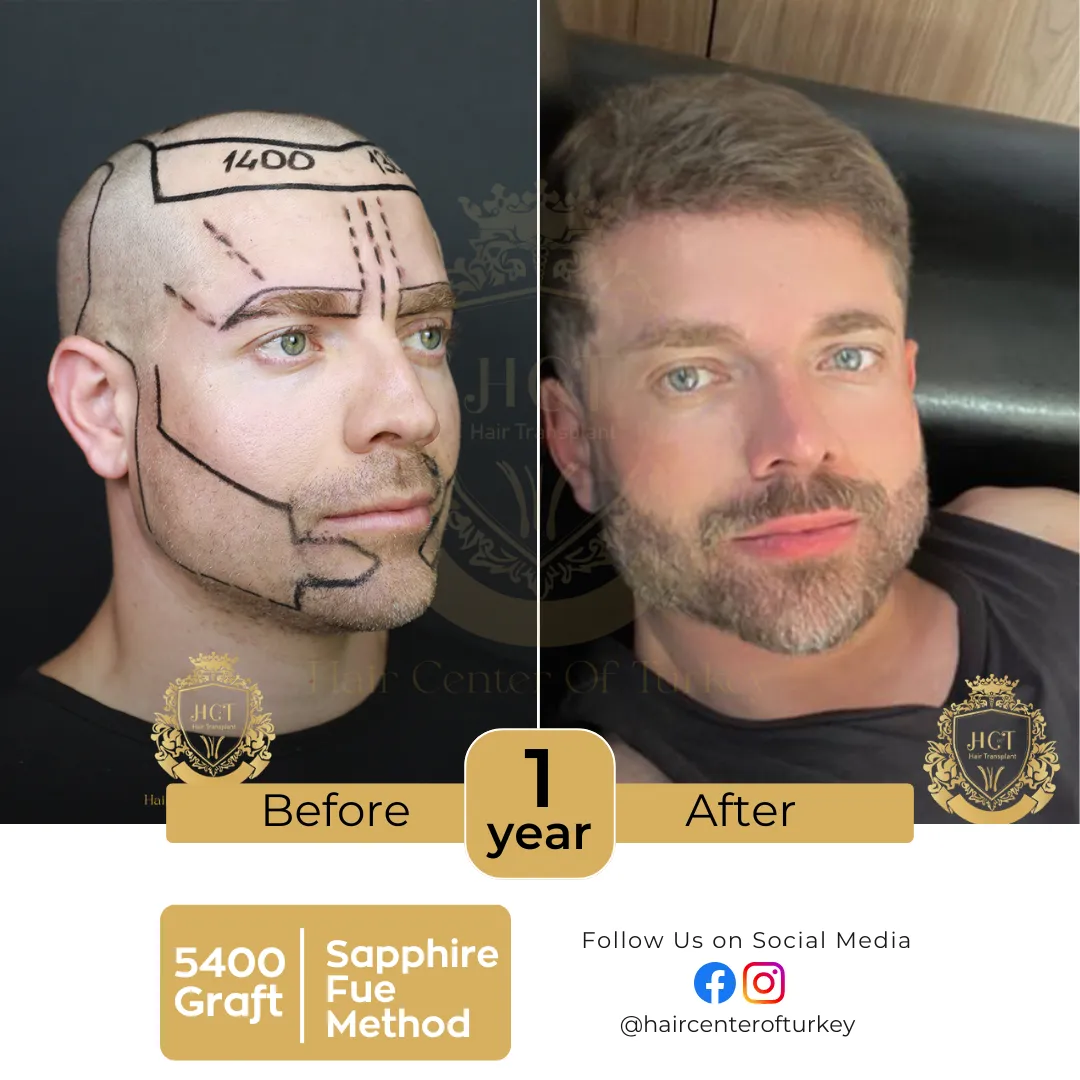
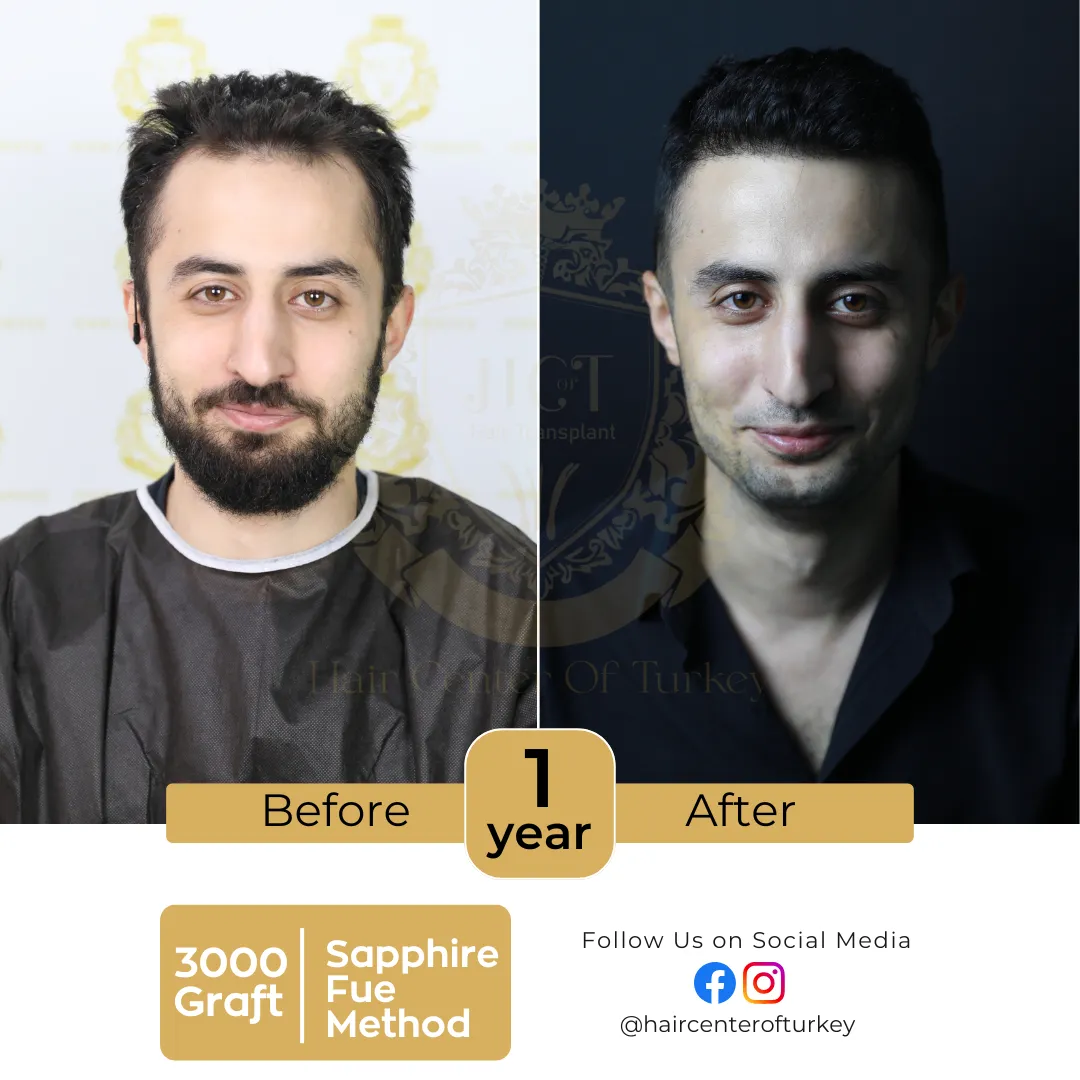

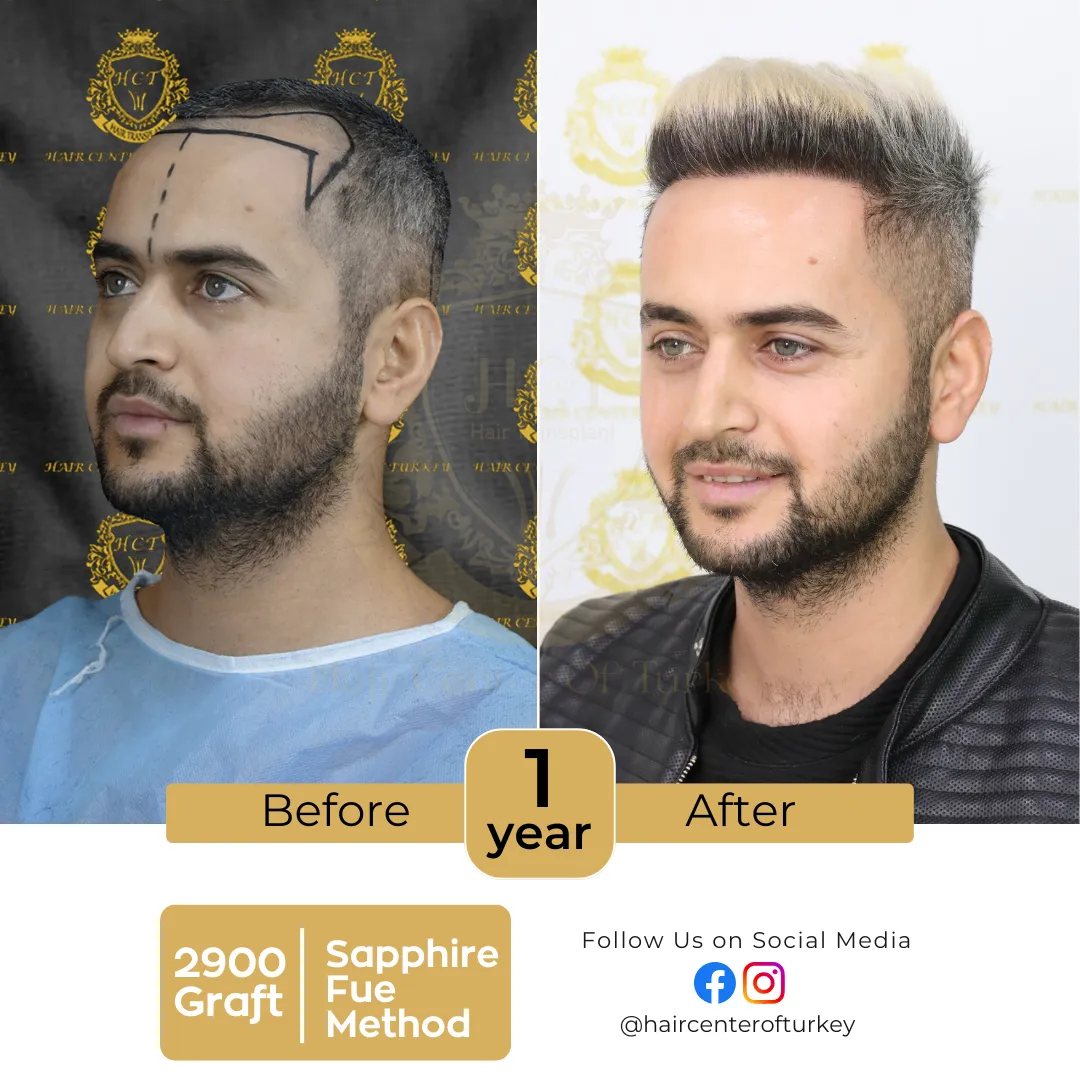
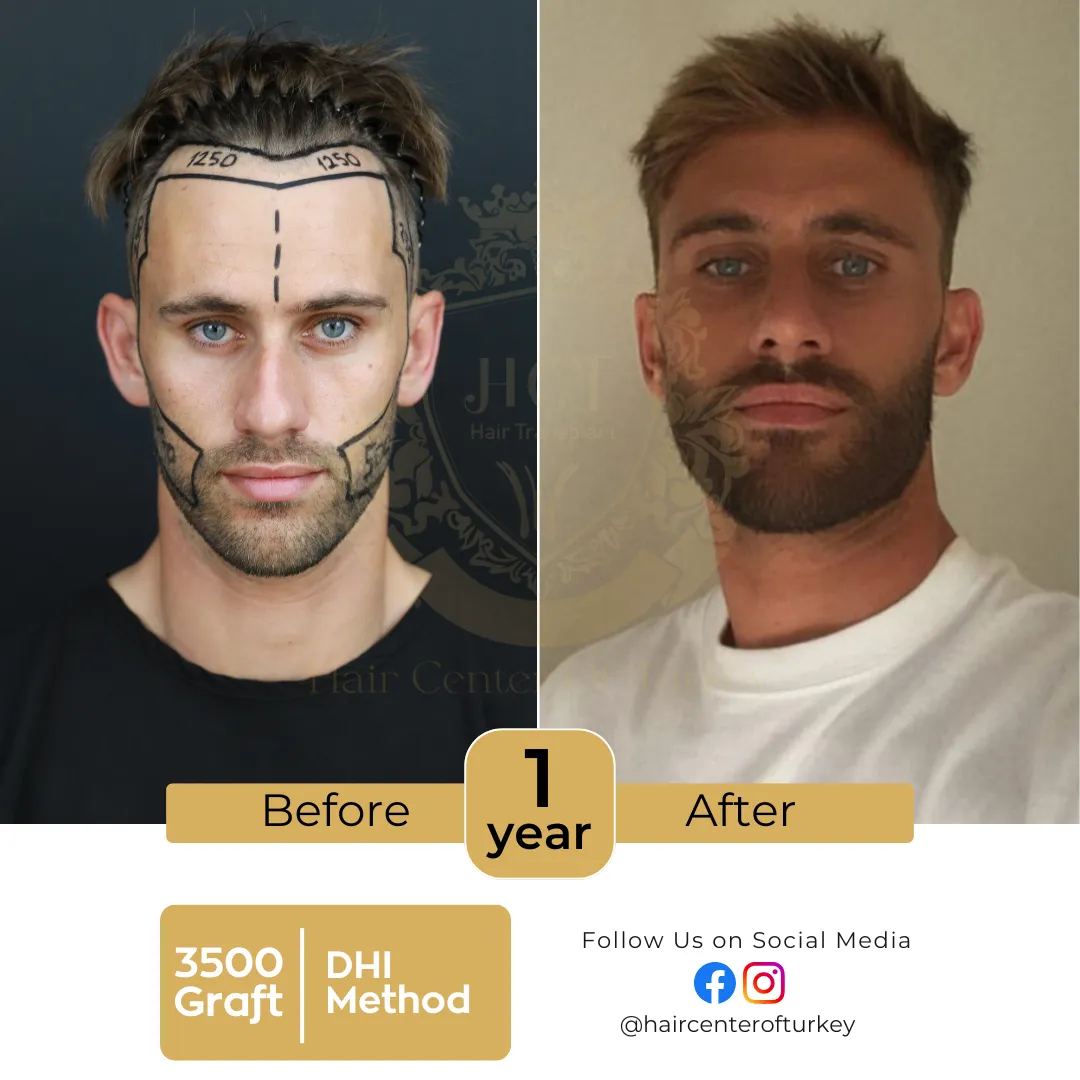
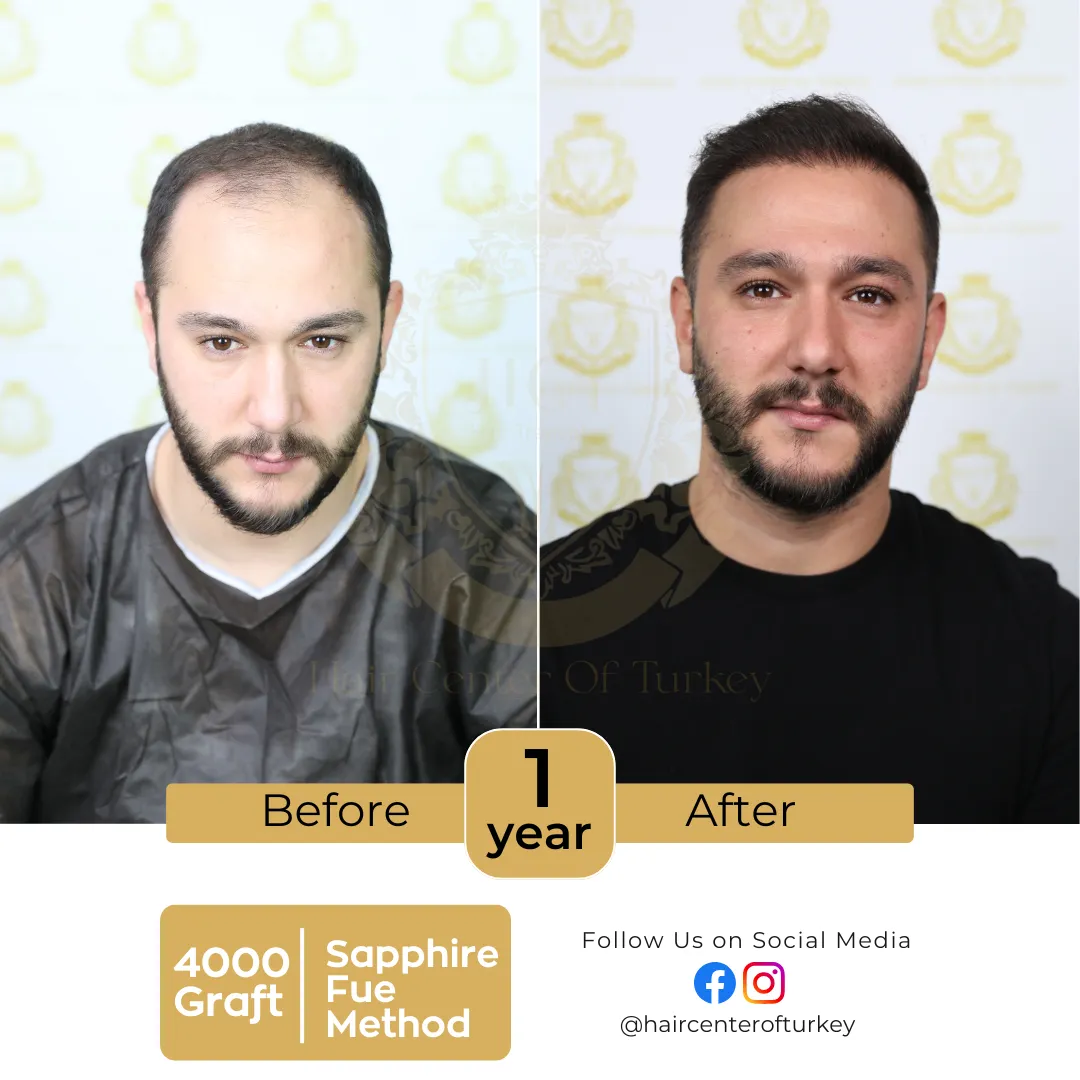
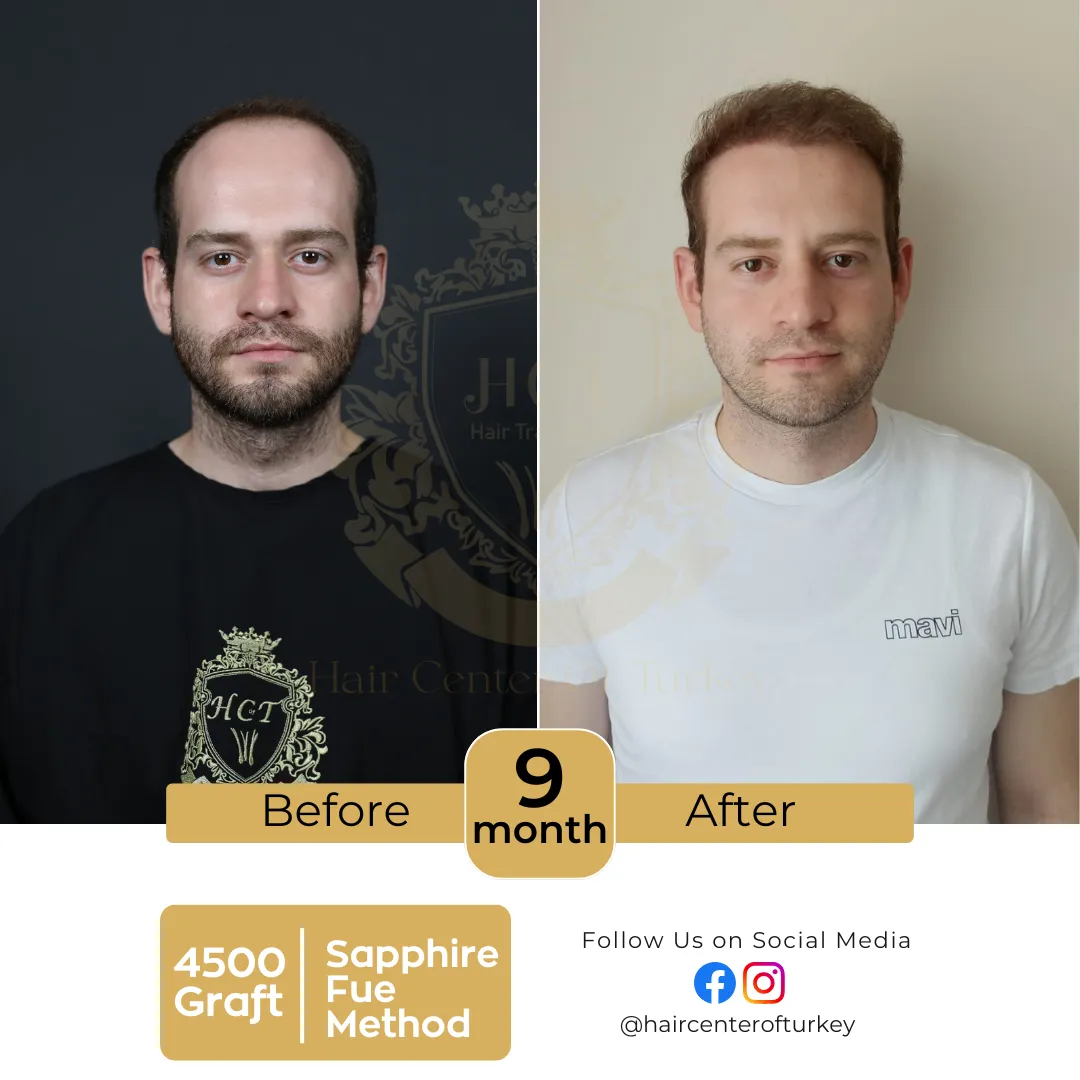
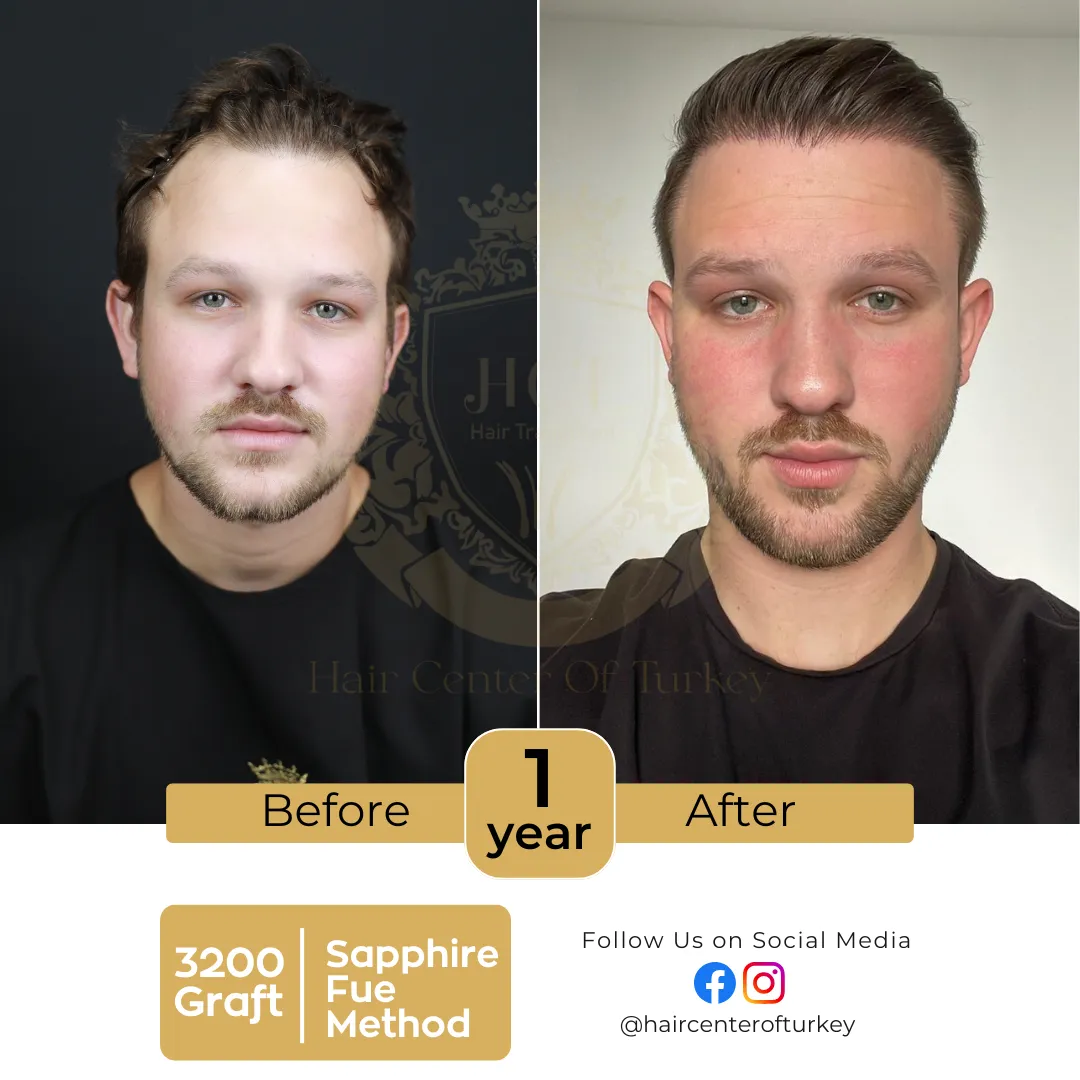
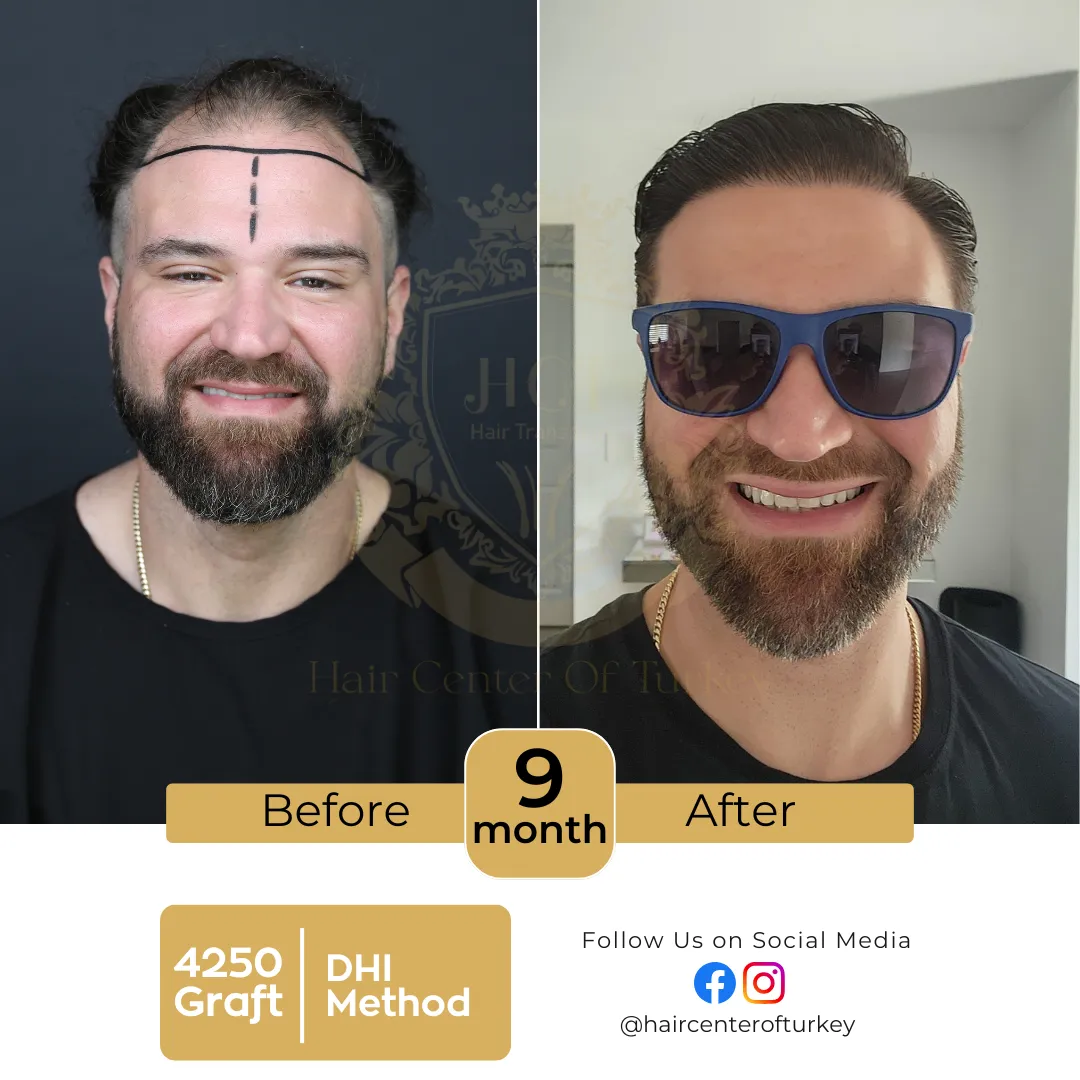
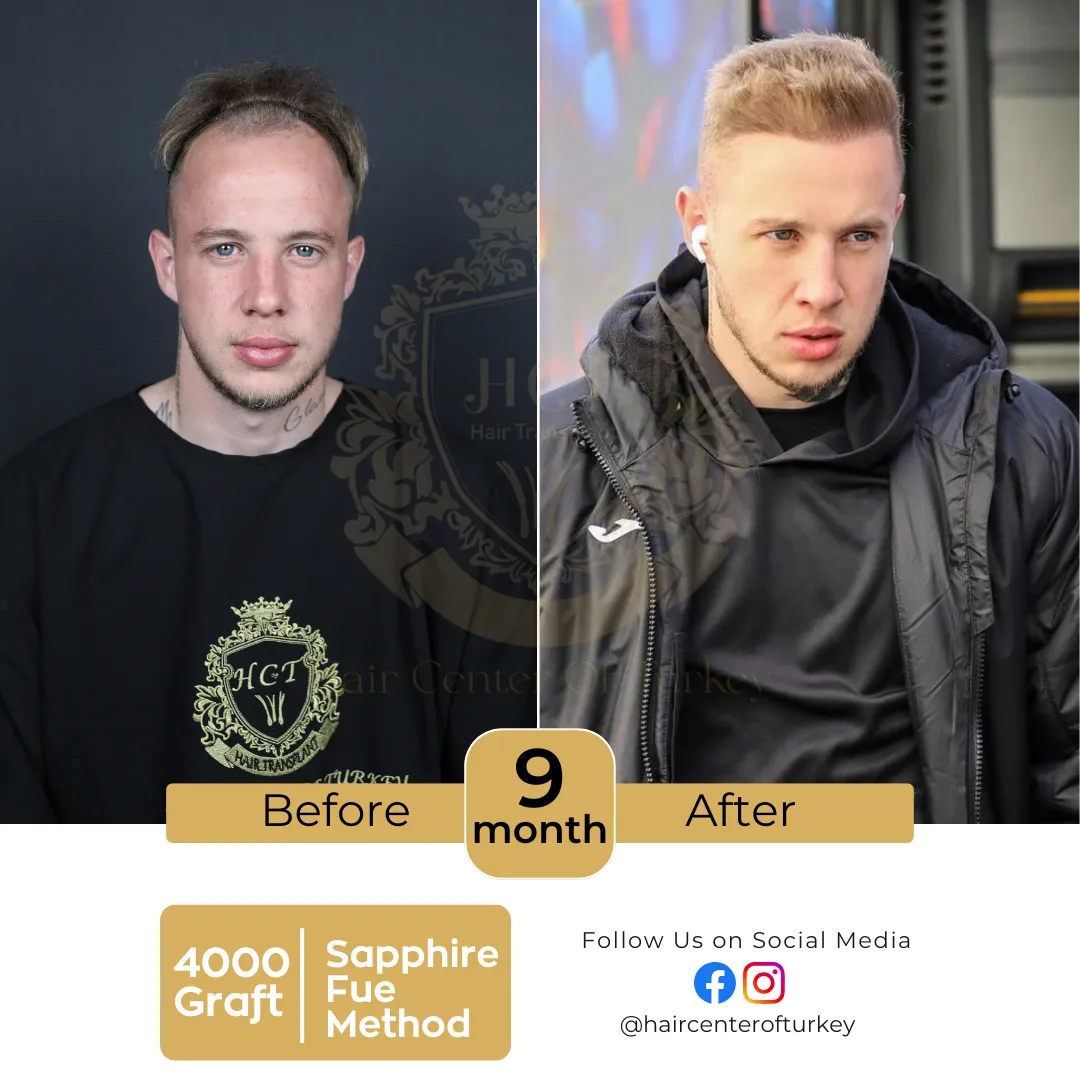
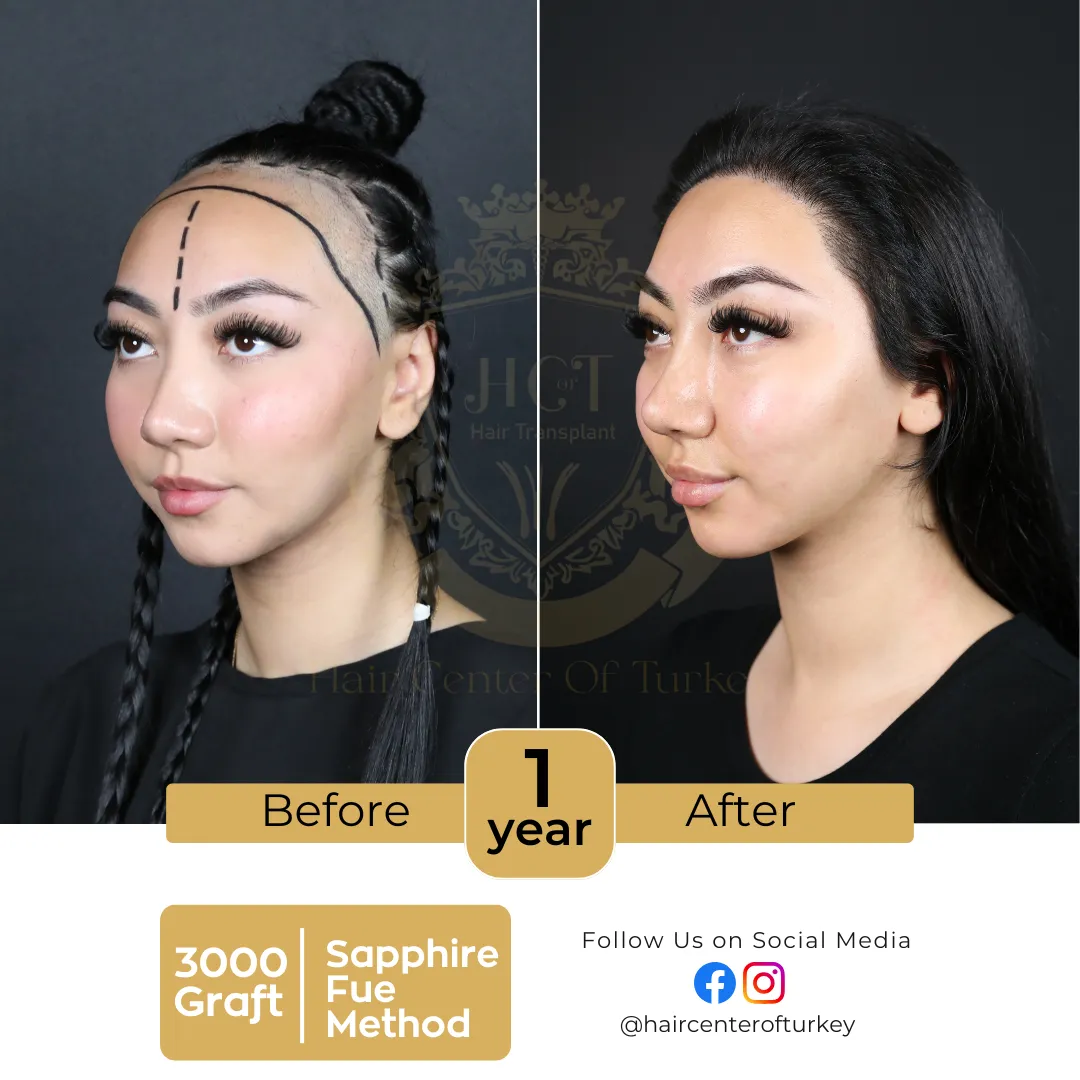
Turkey Hair Transplant Before & After
Before and after images of hair transplantation are the first things that people who are considering hair transplantation are curious about. Click the button to browse this and more.




































